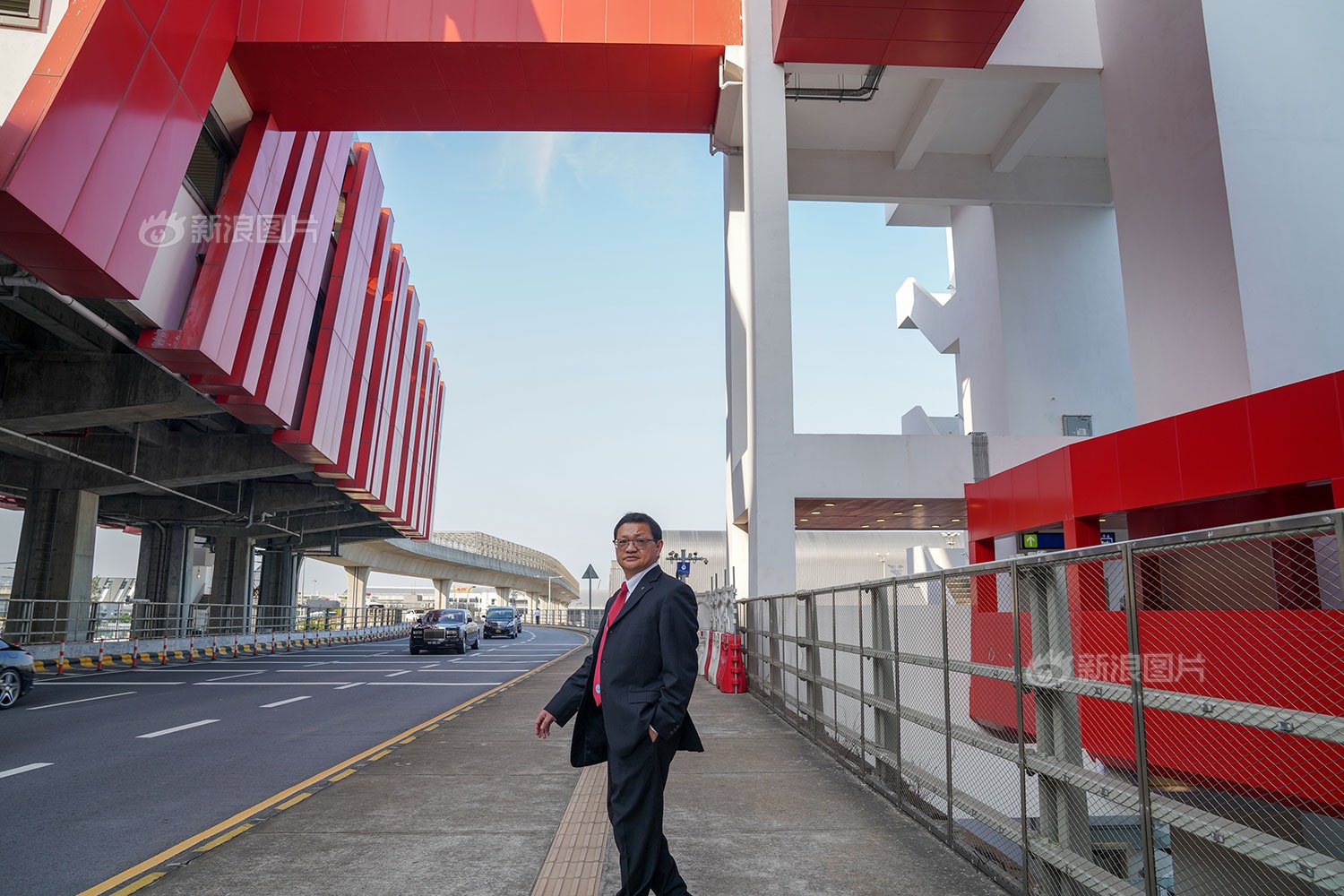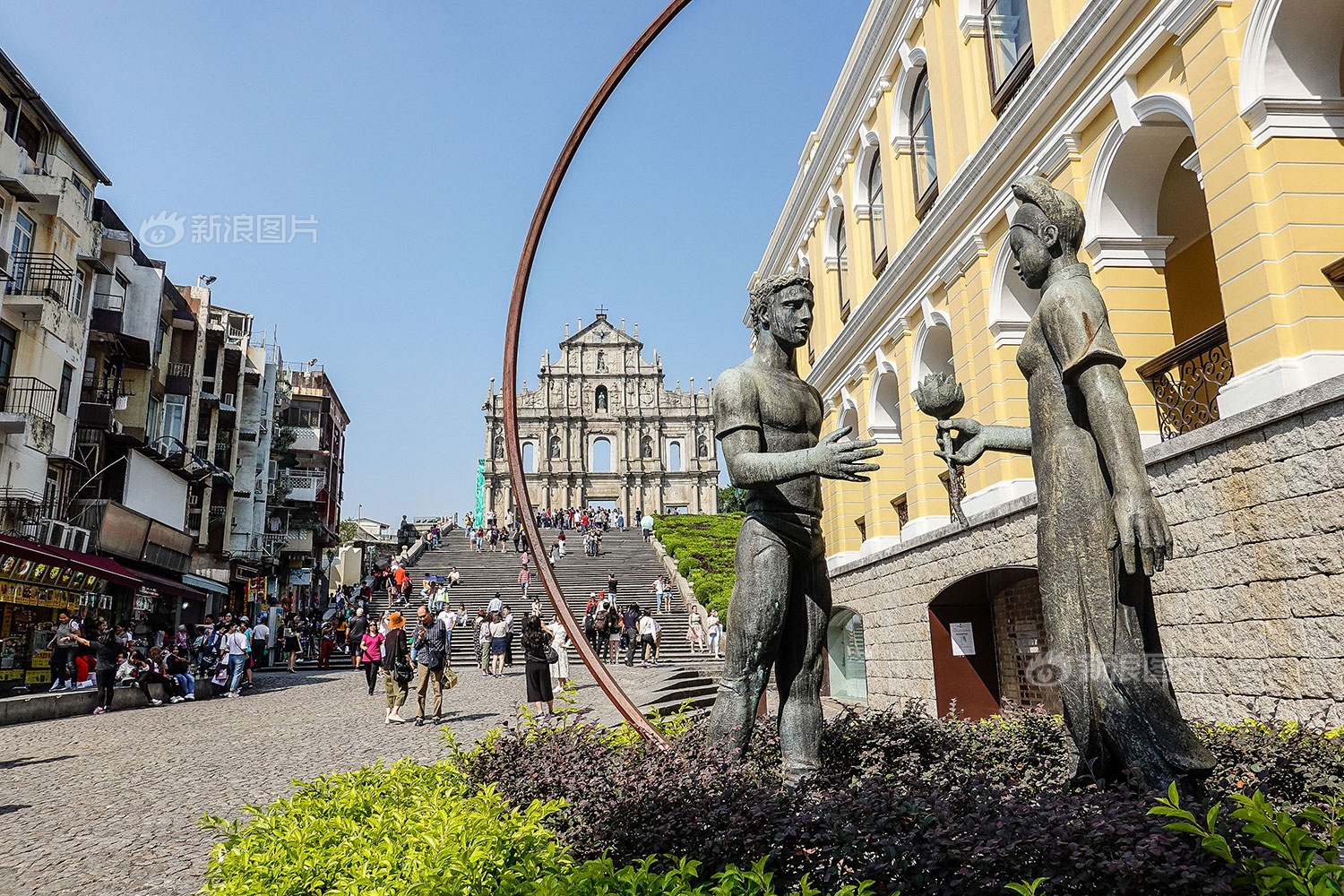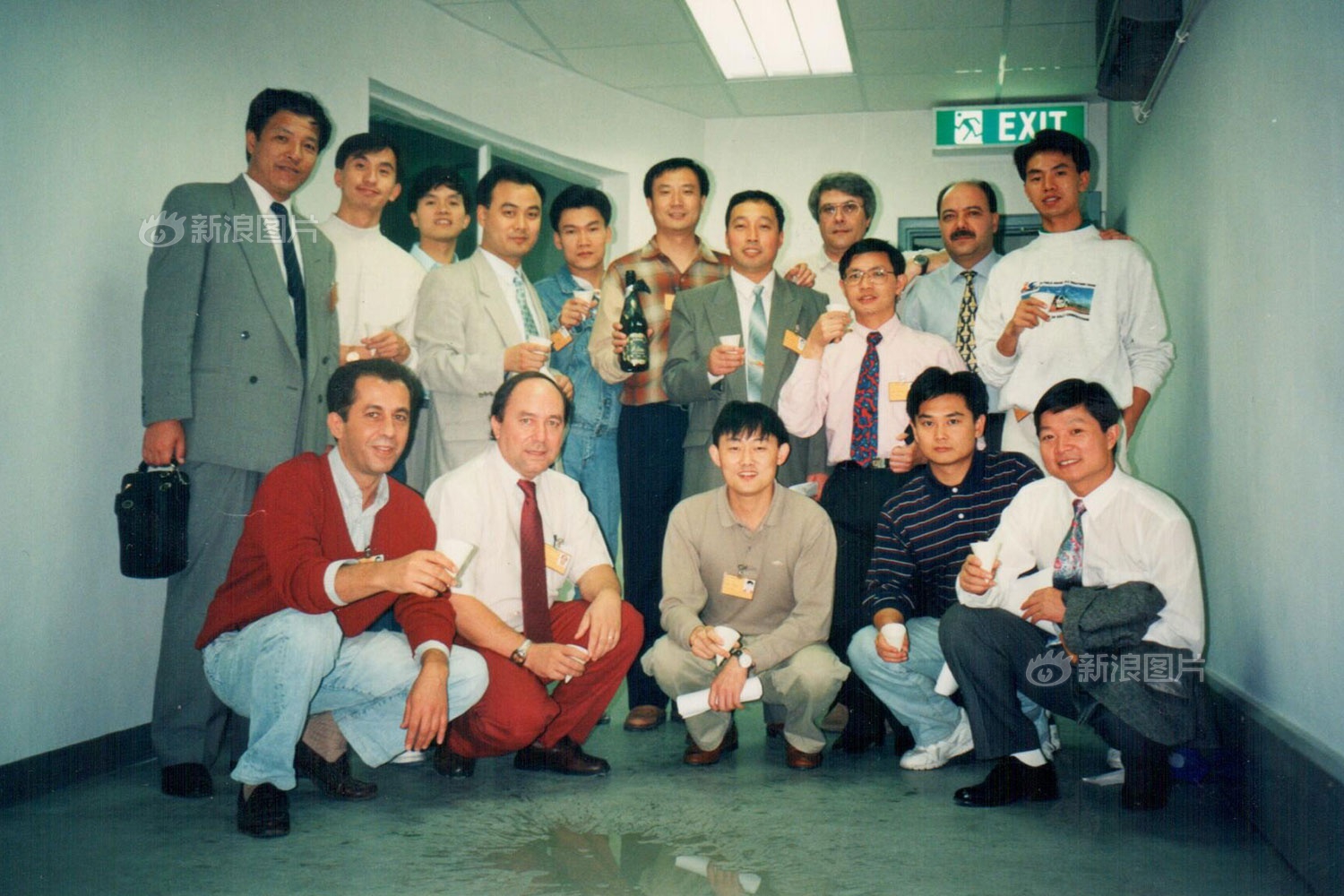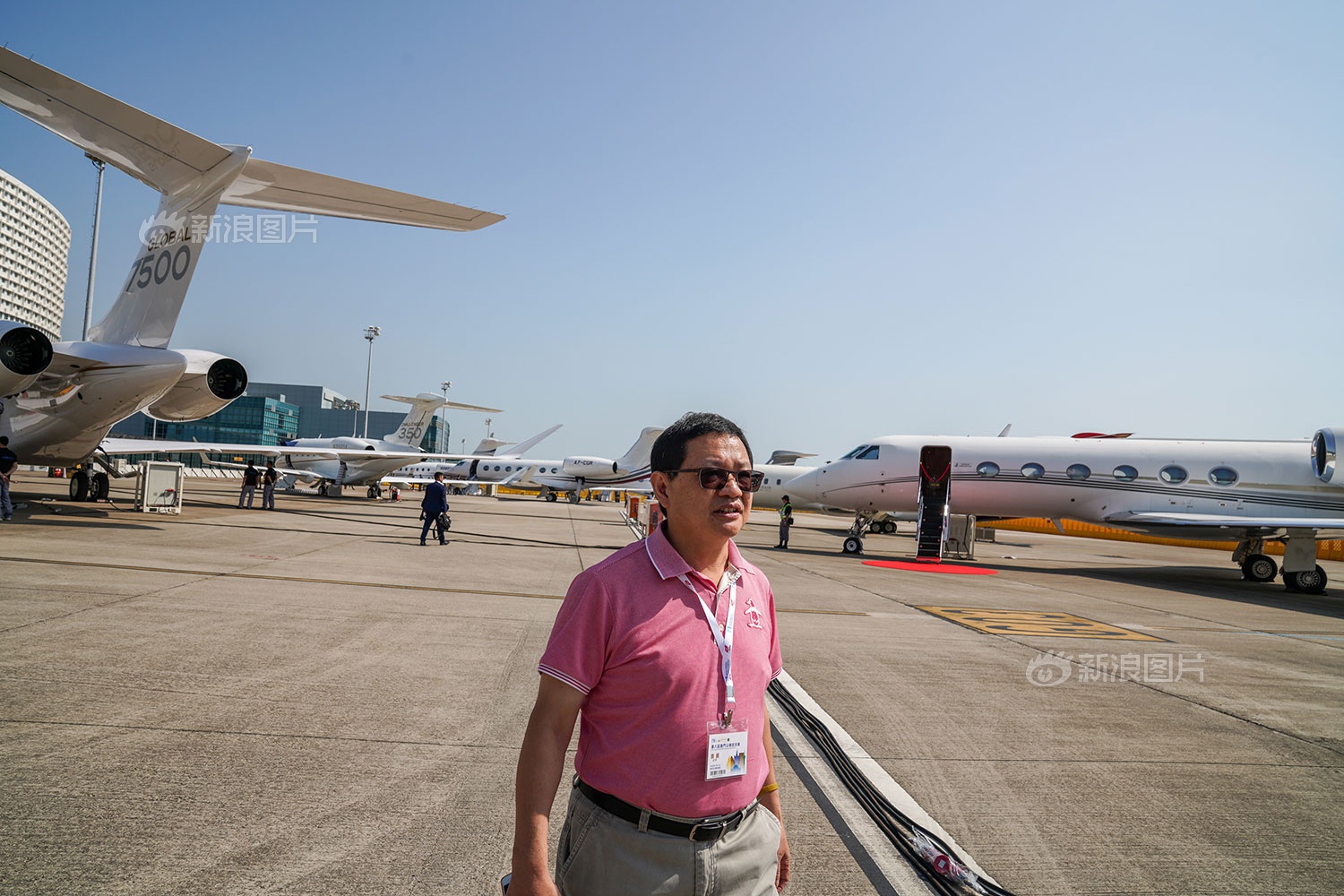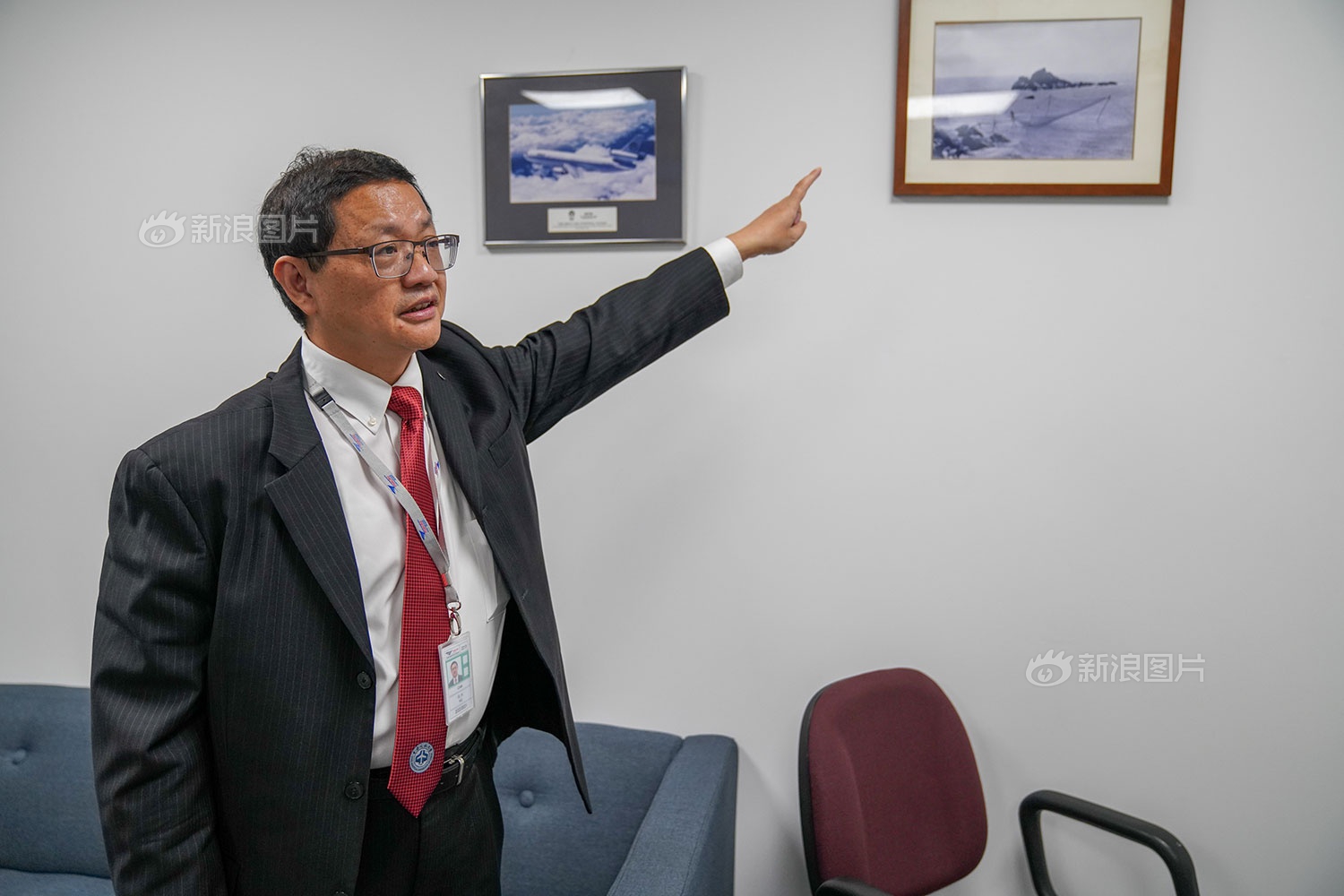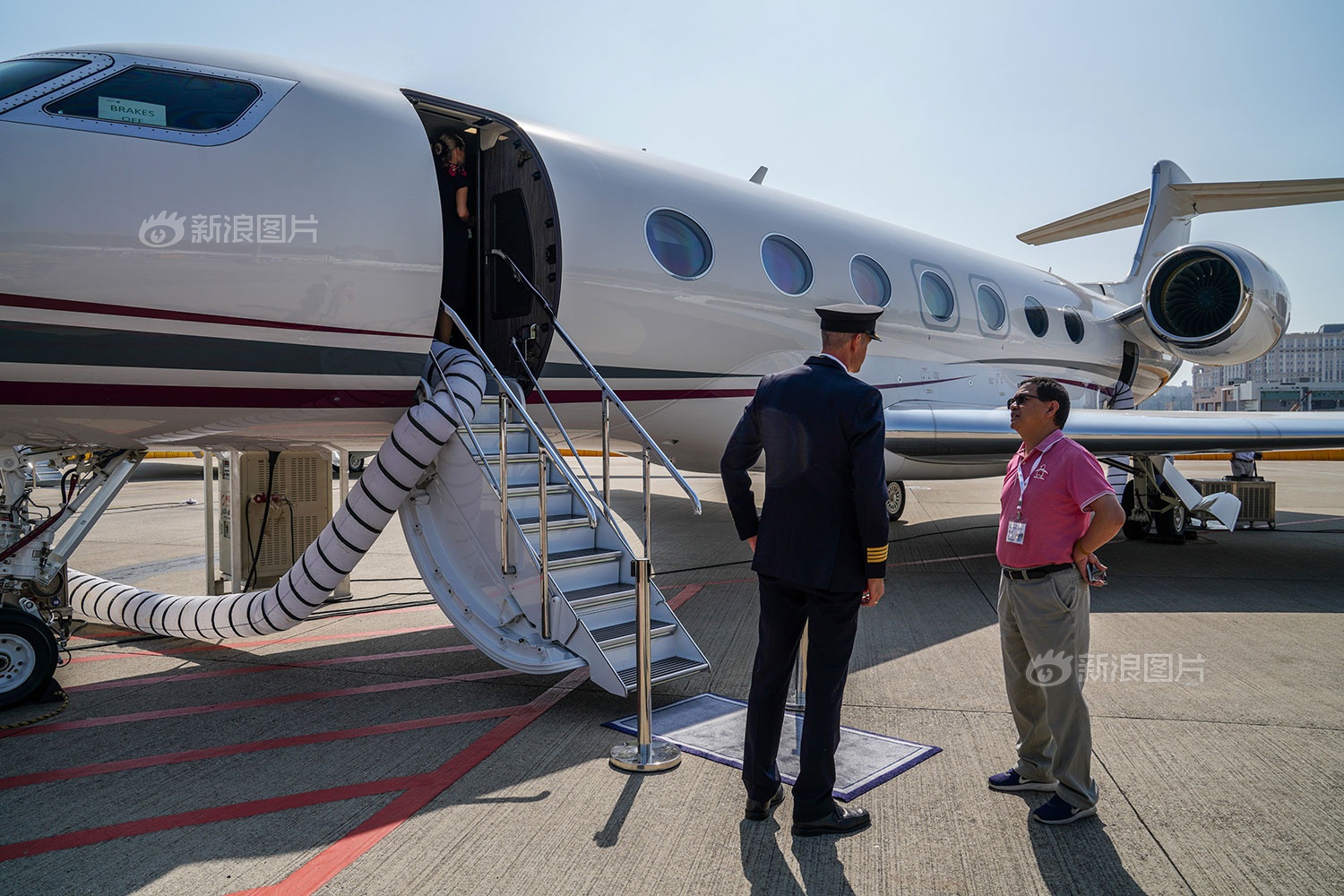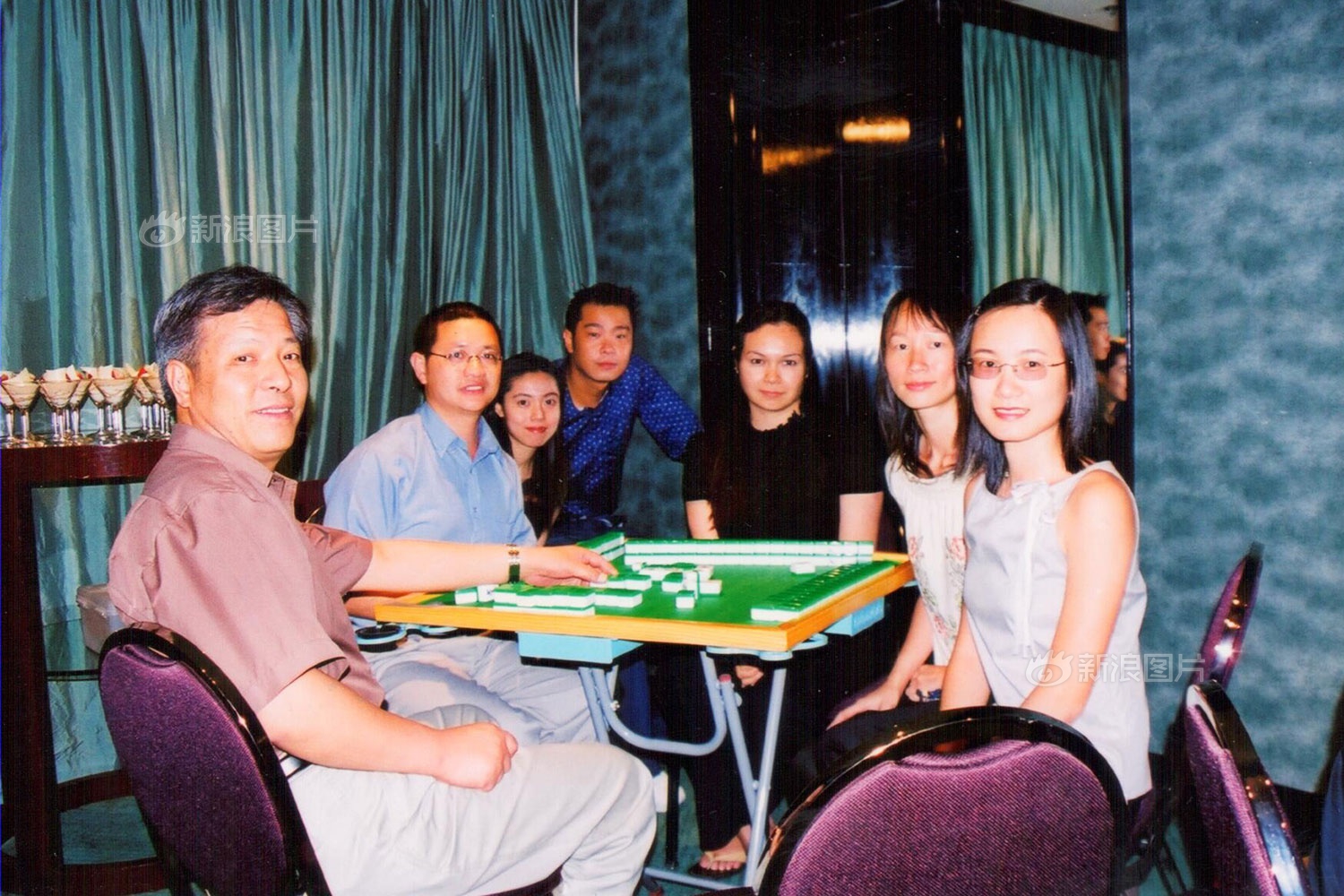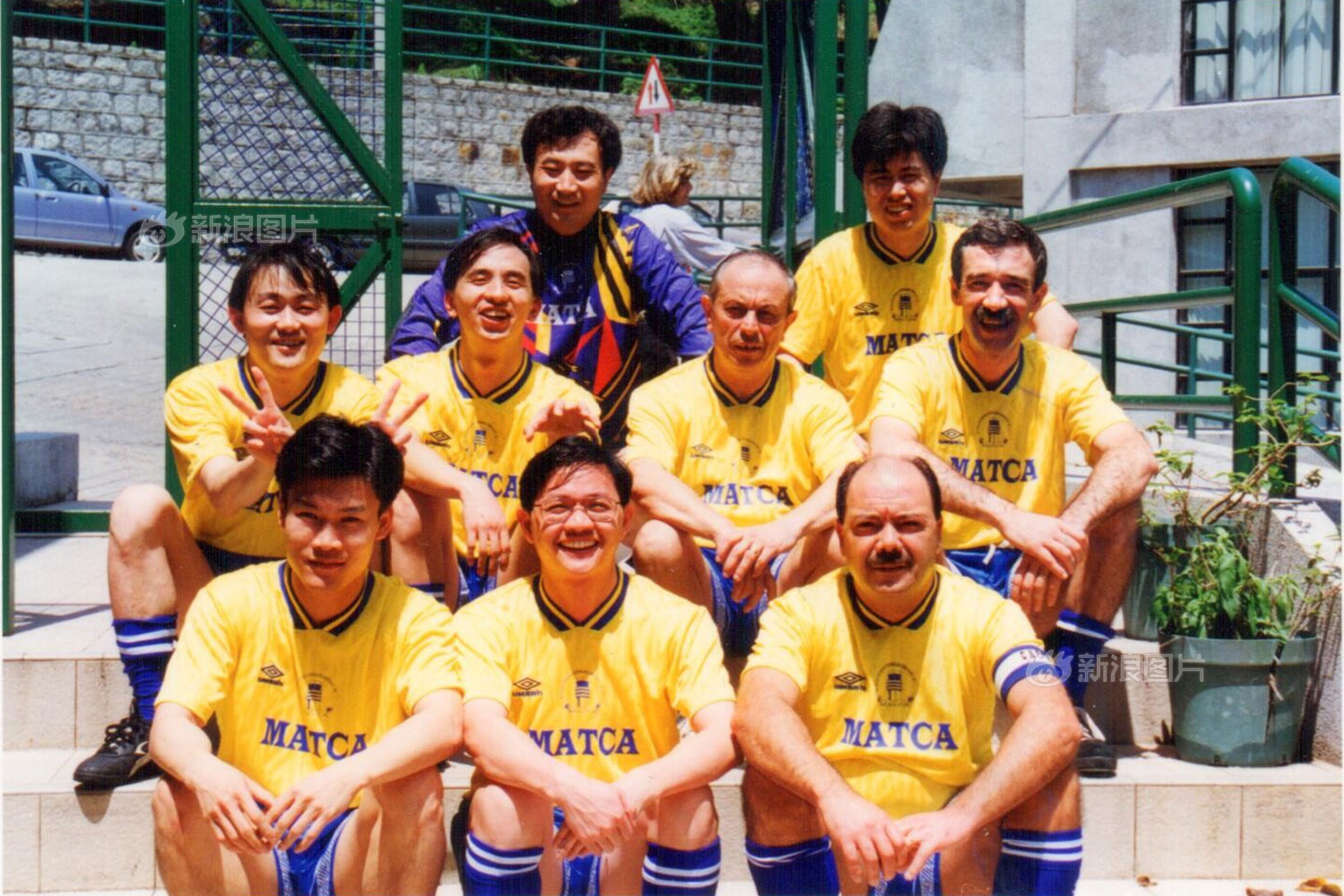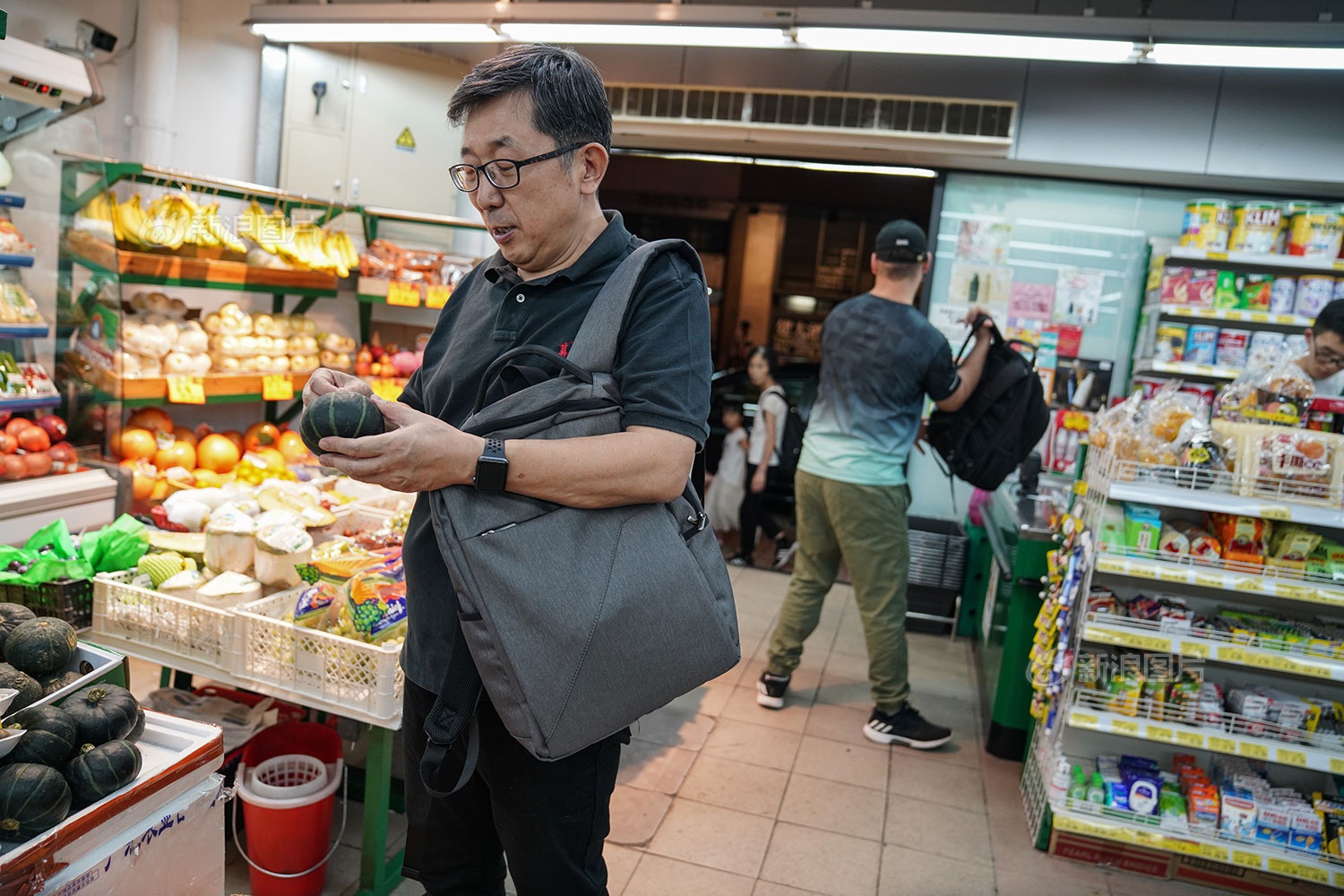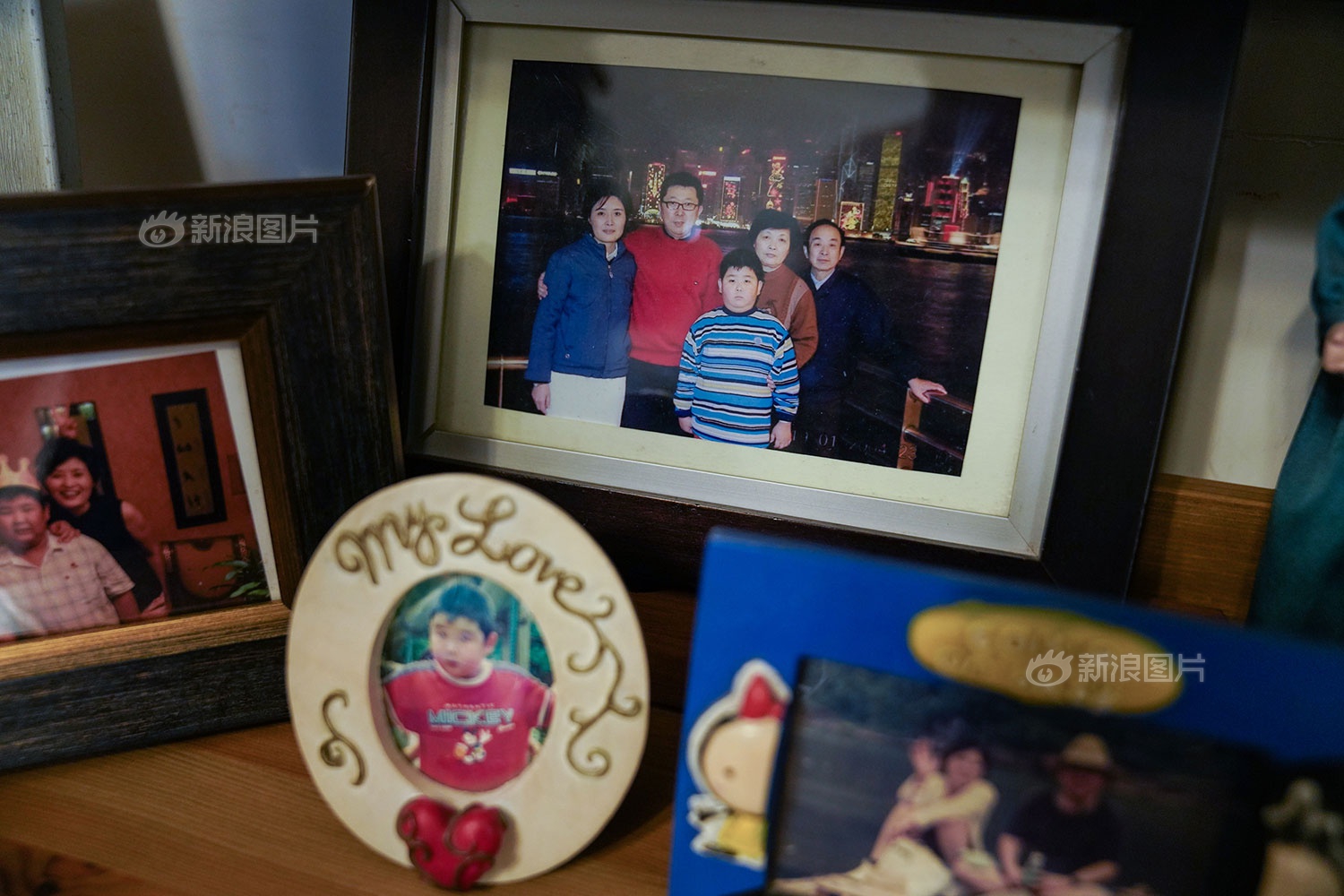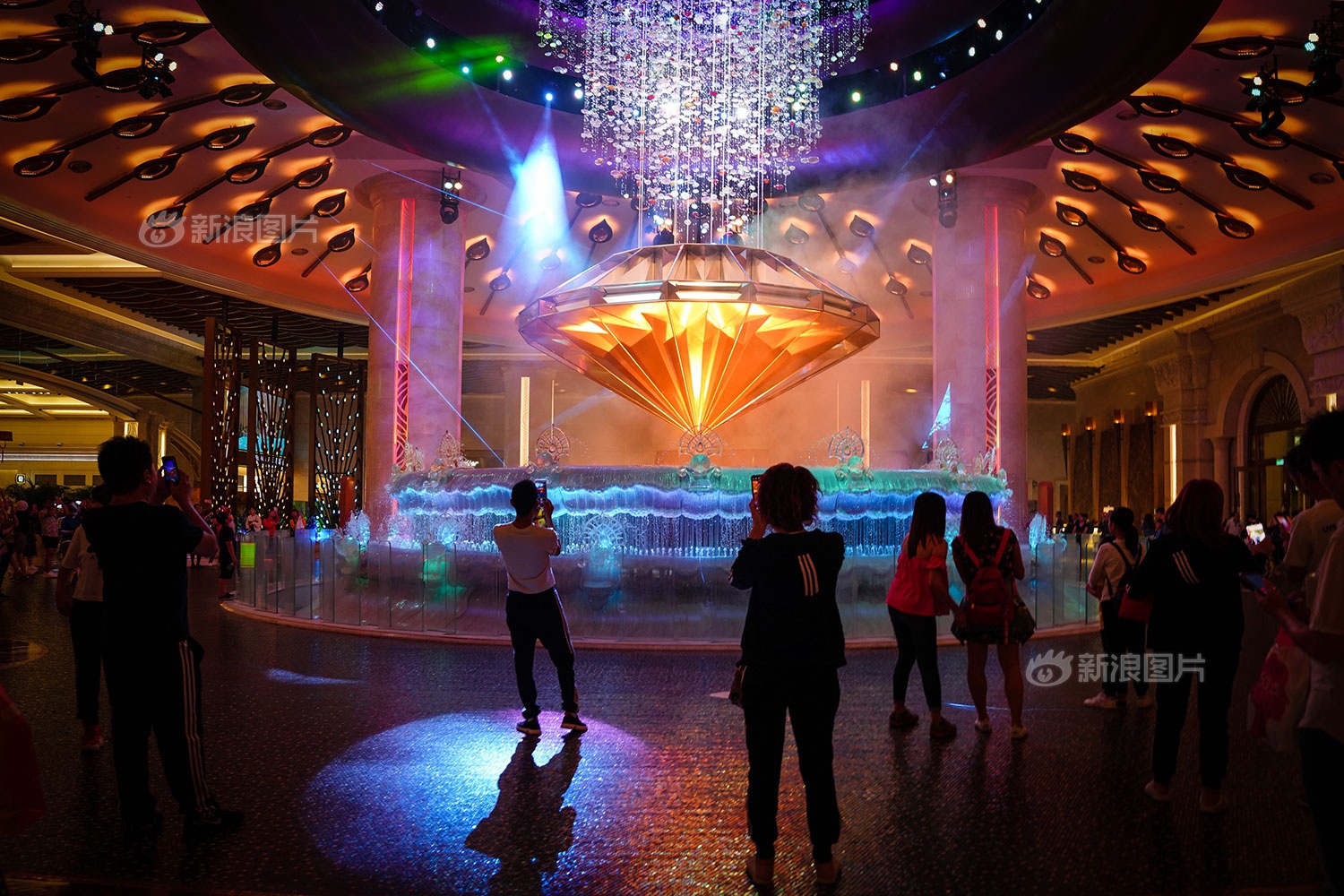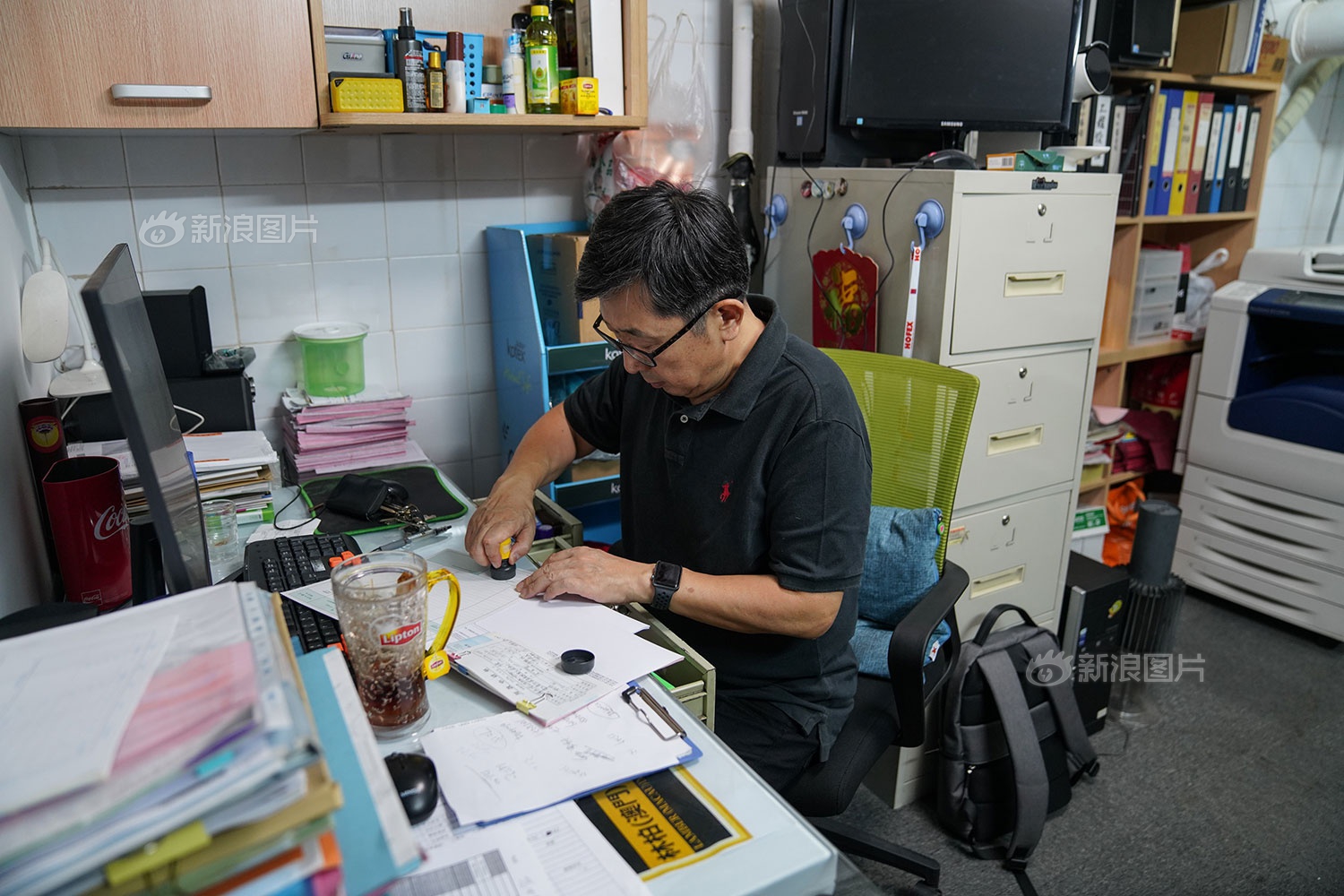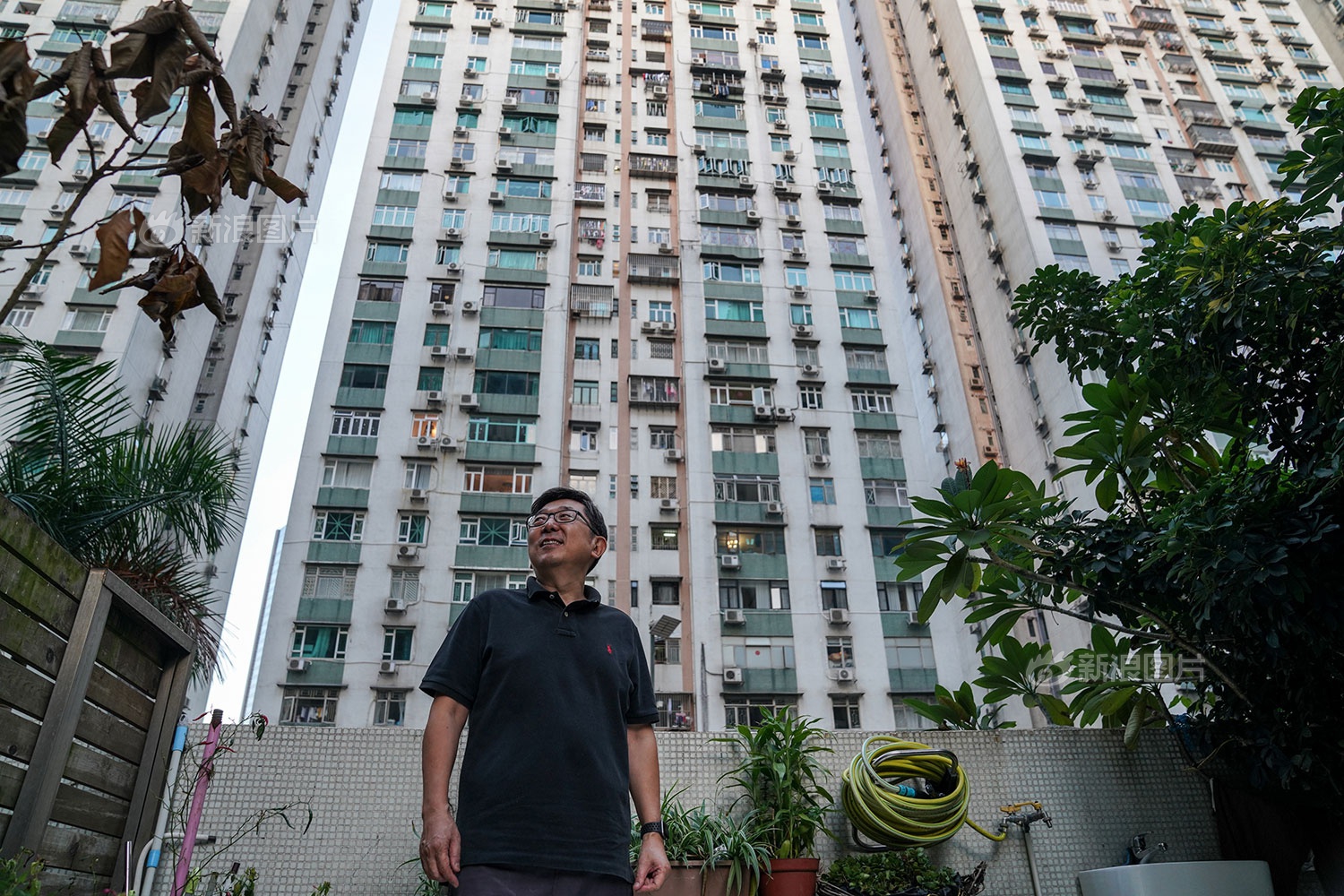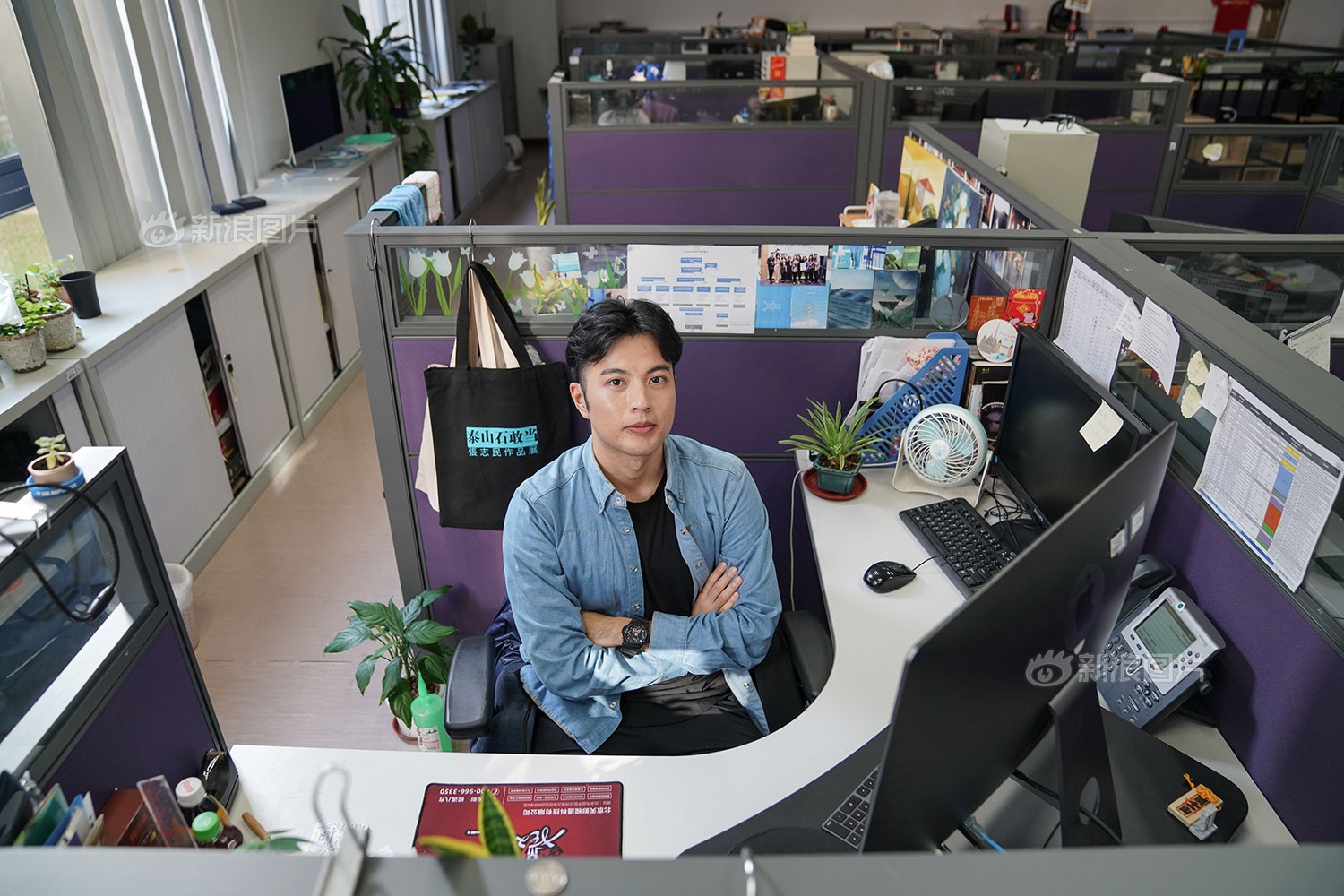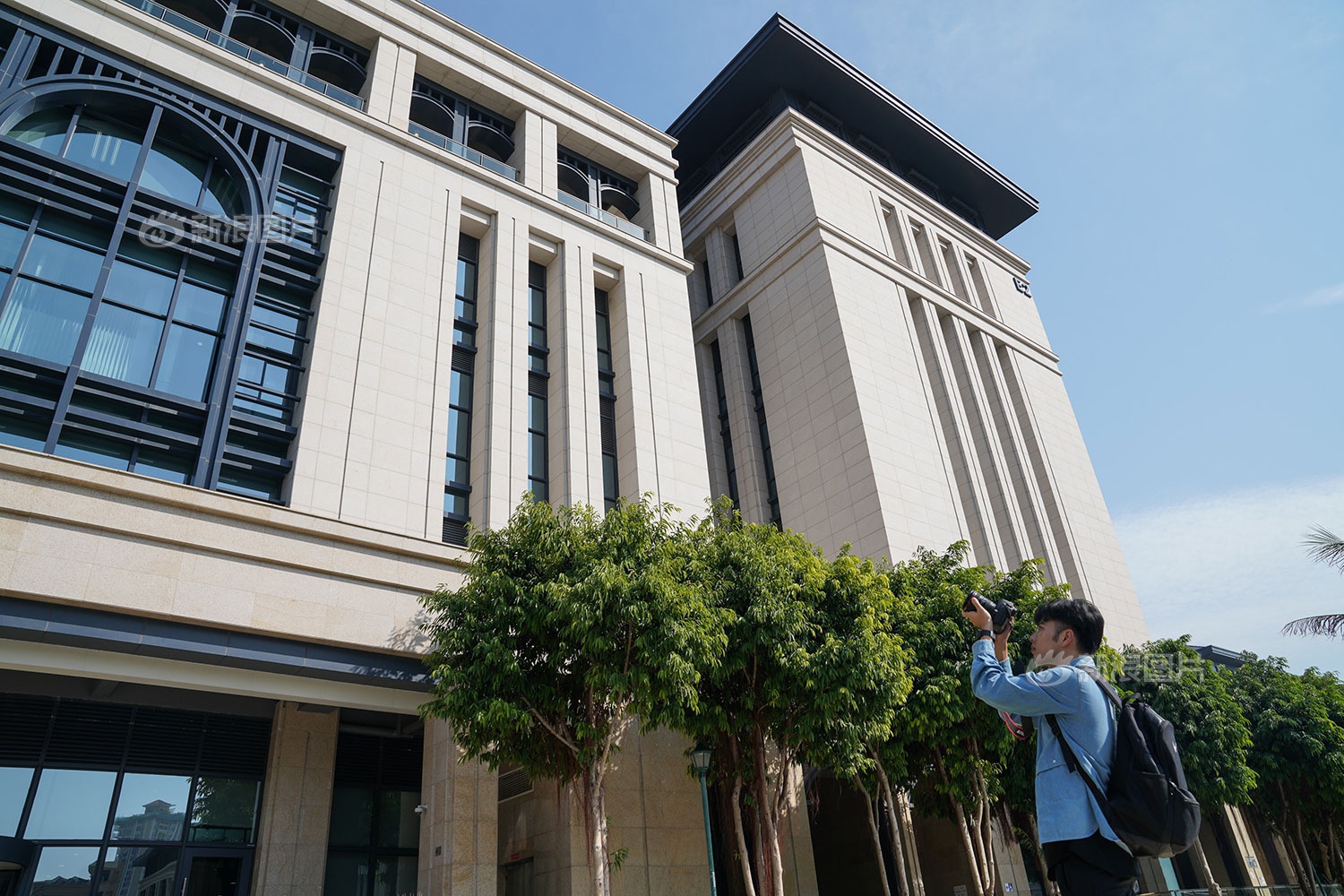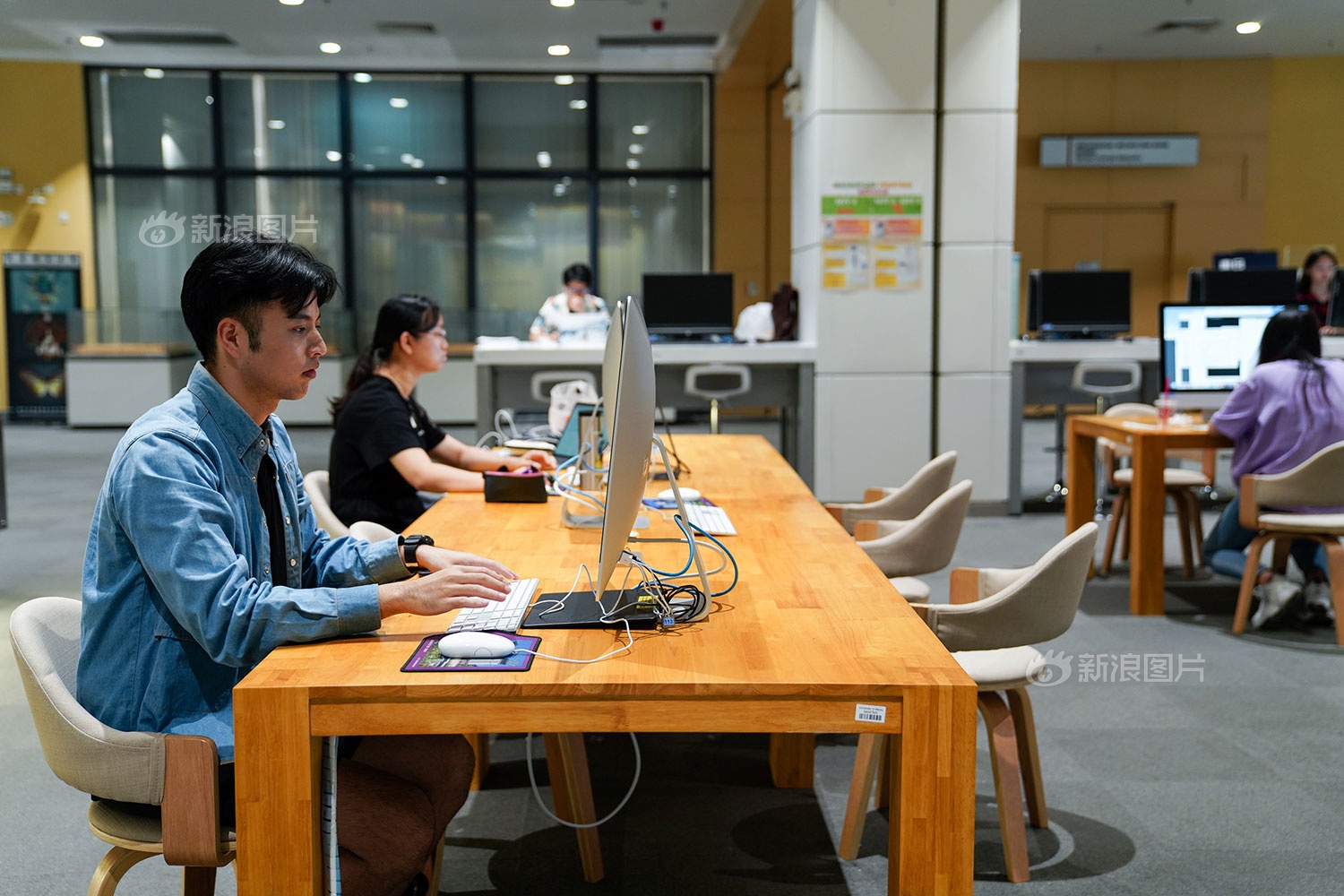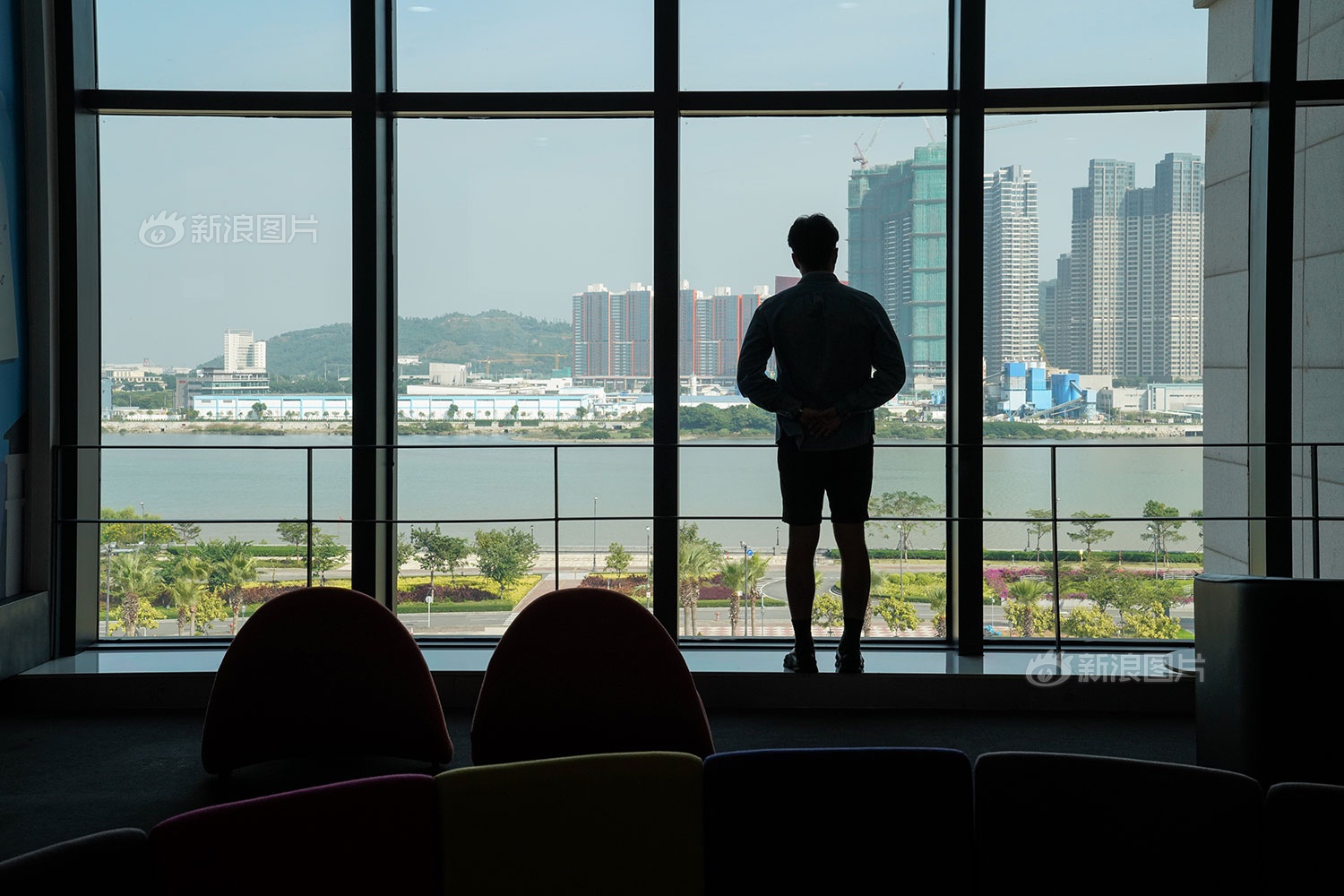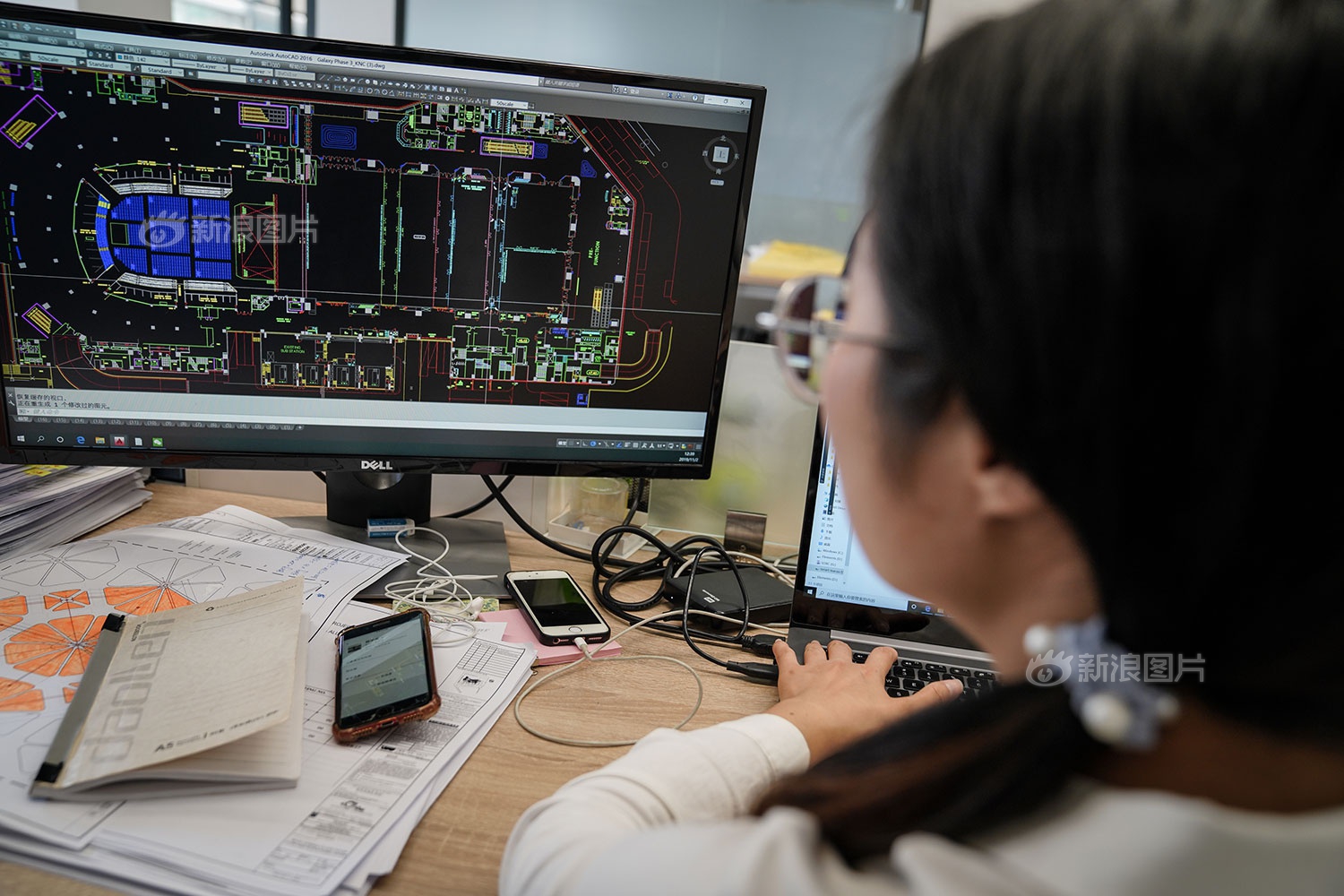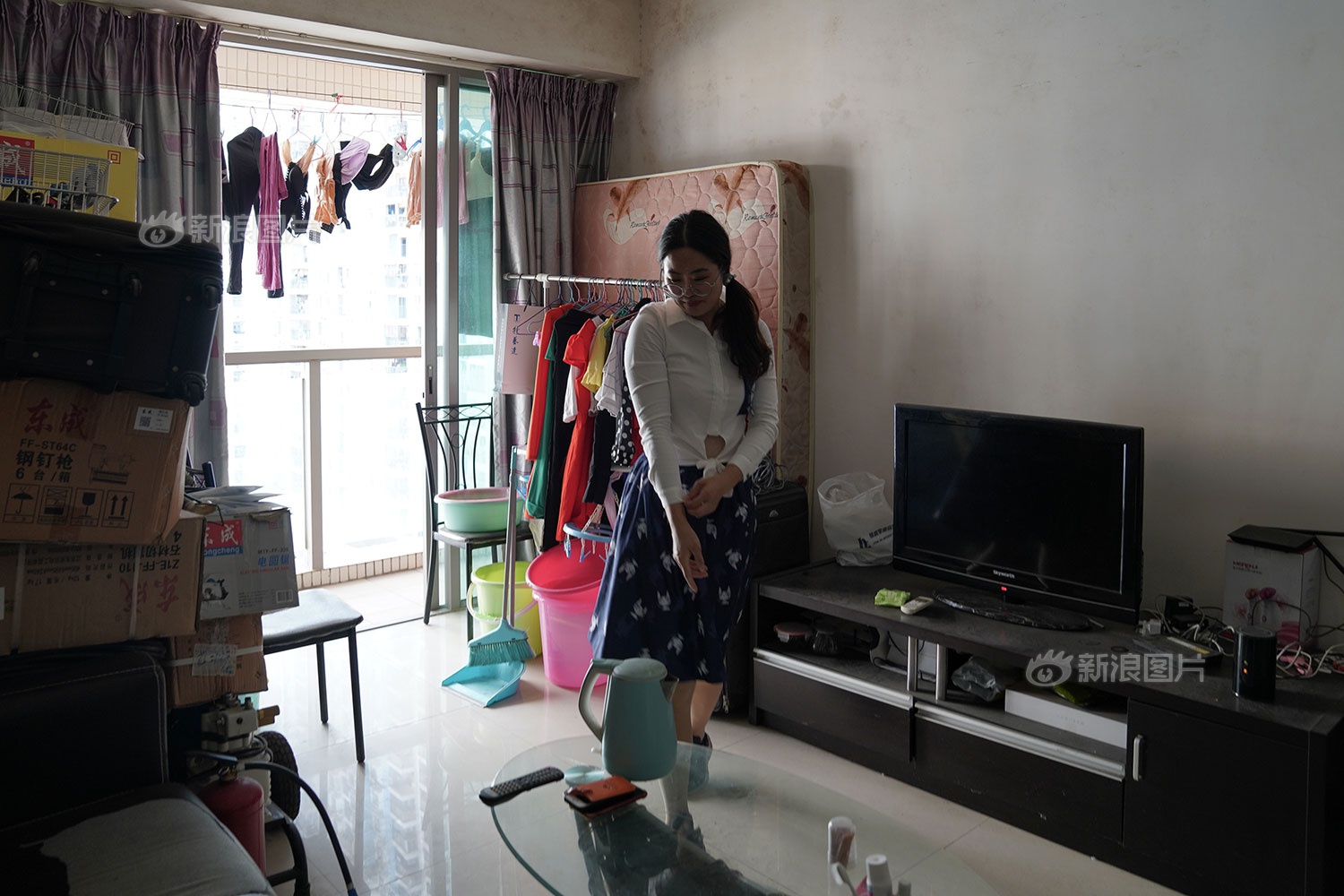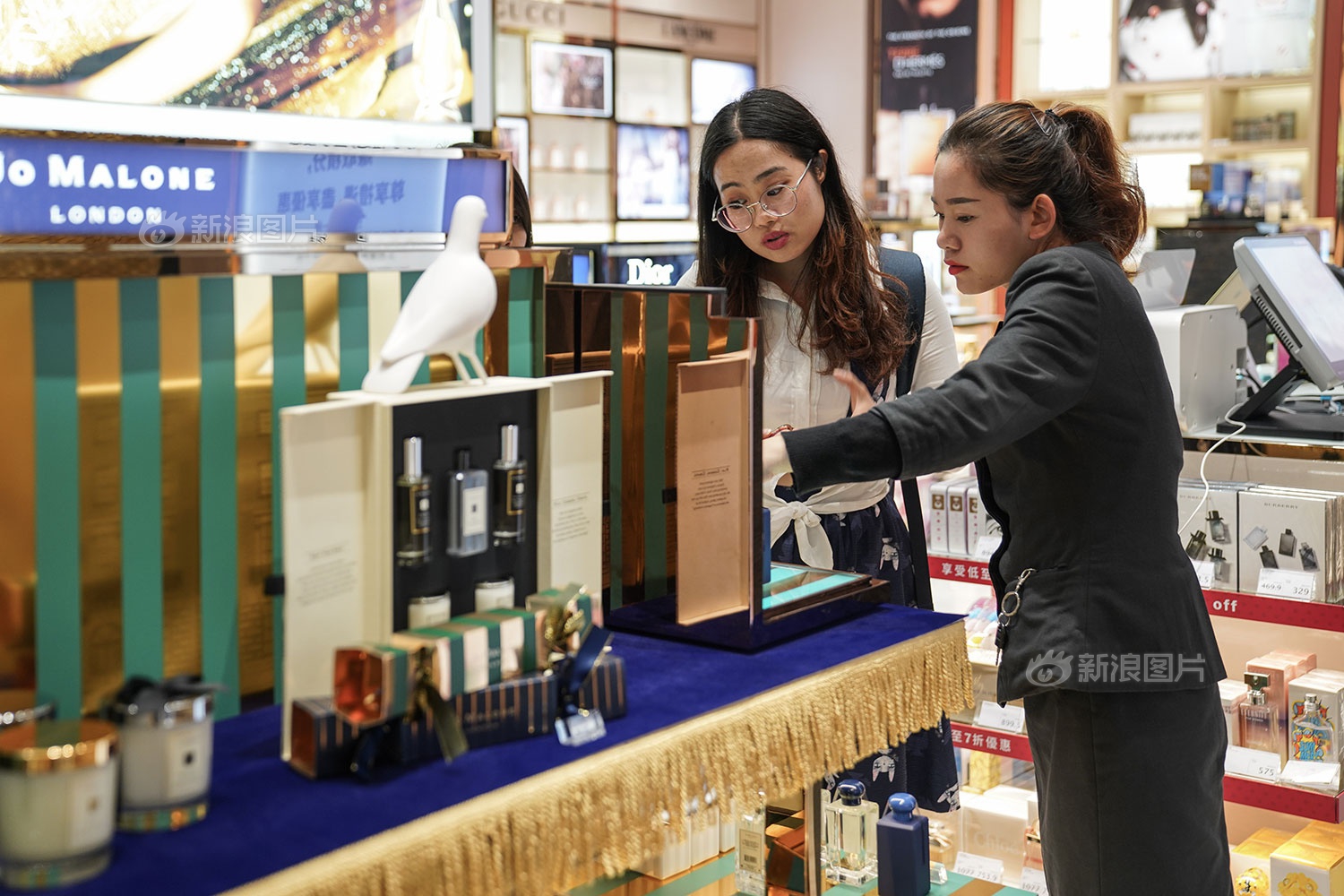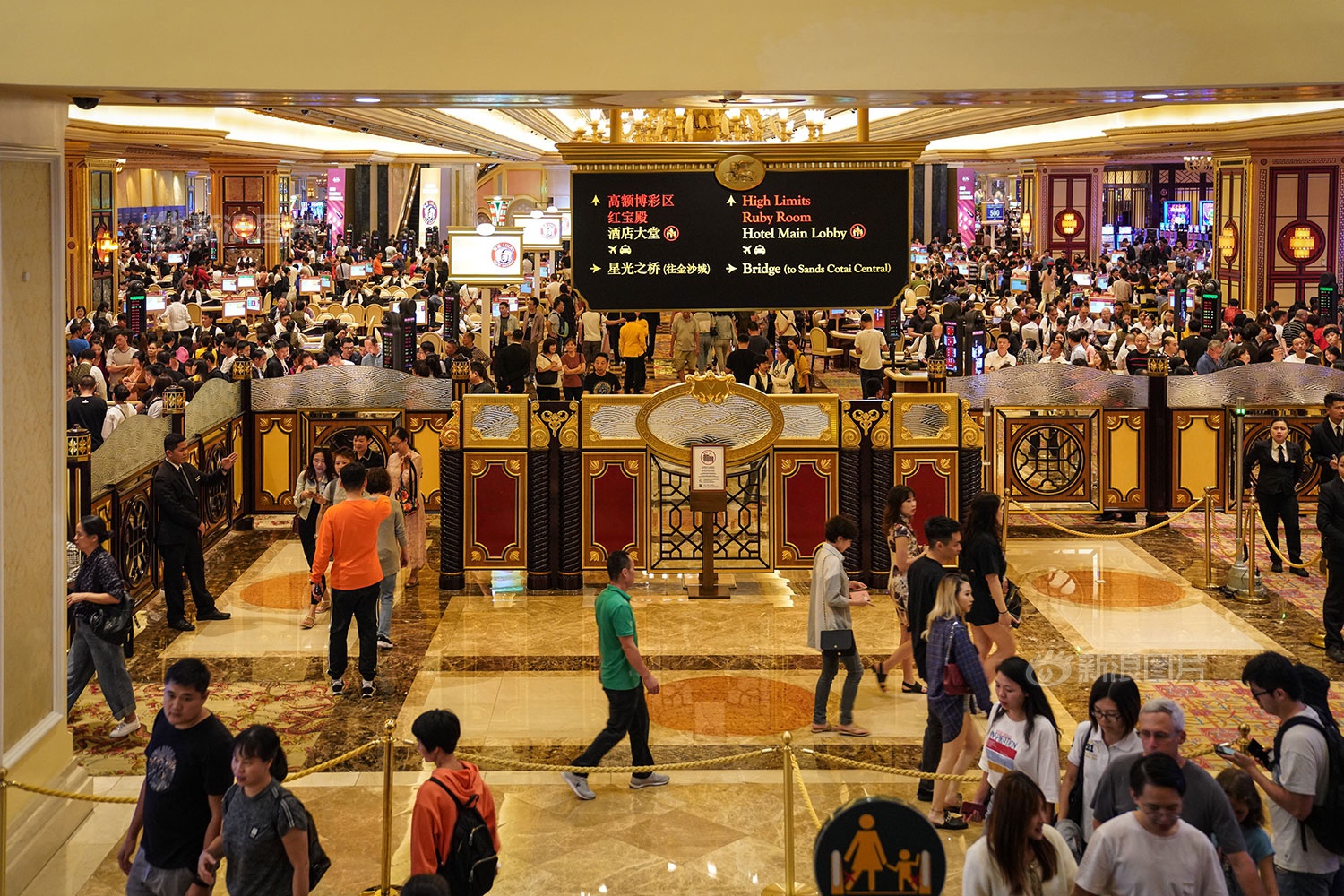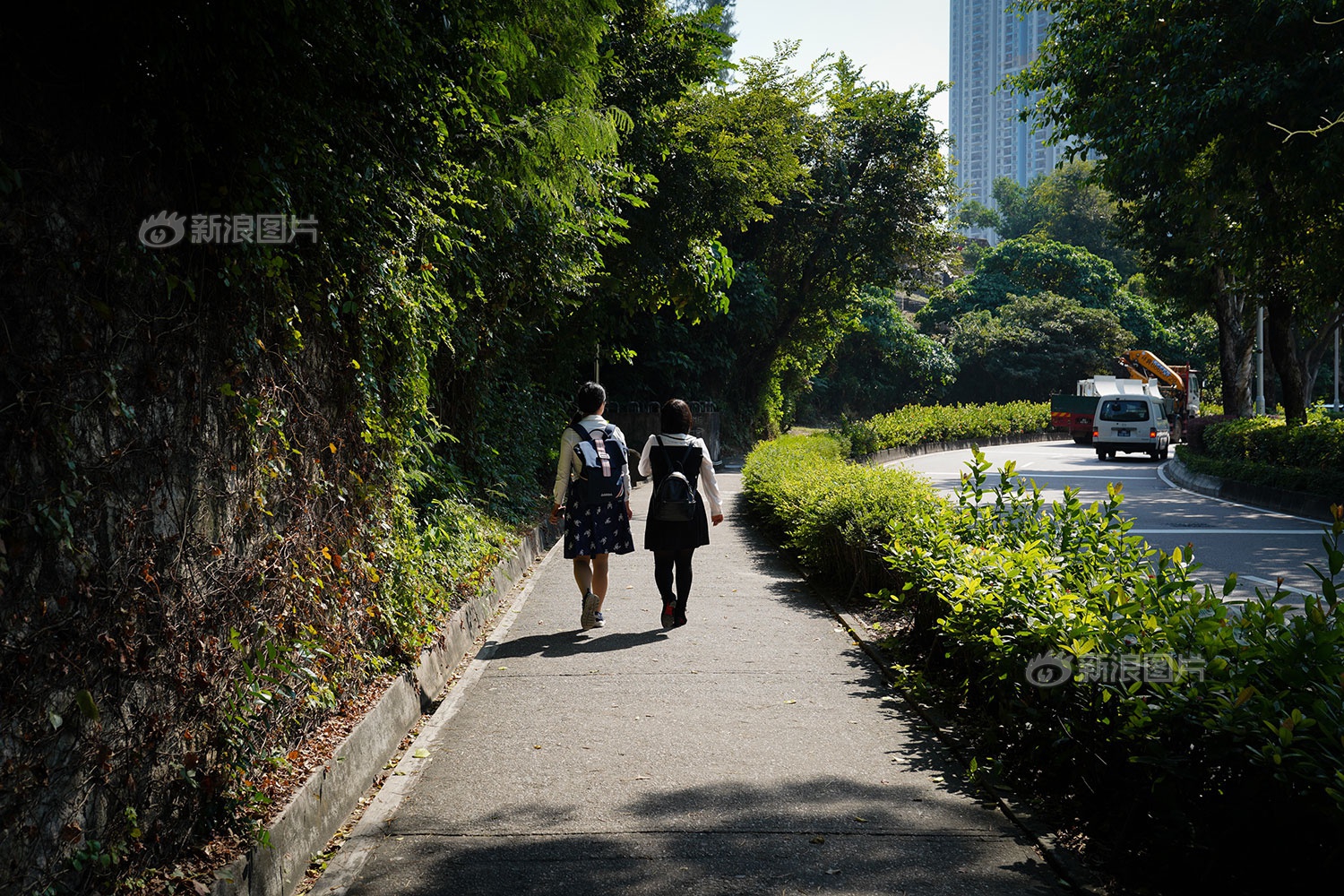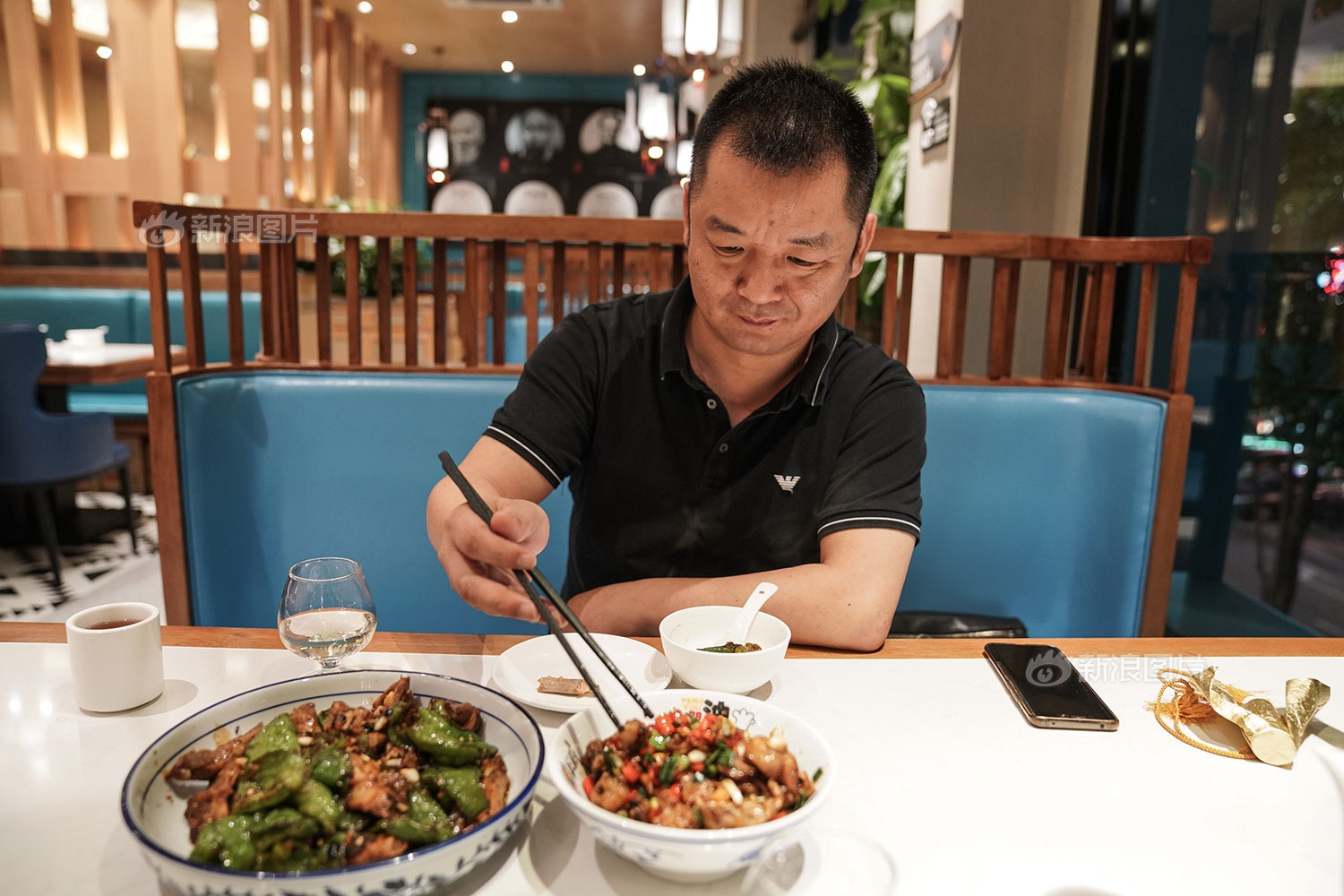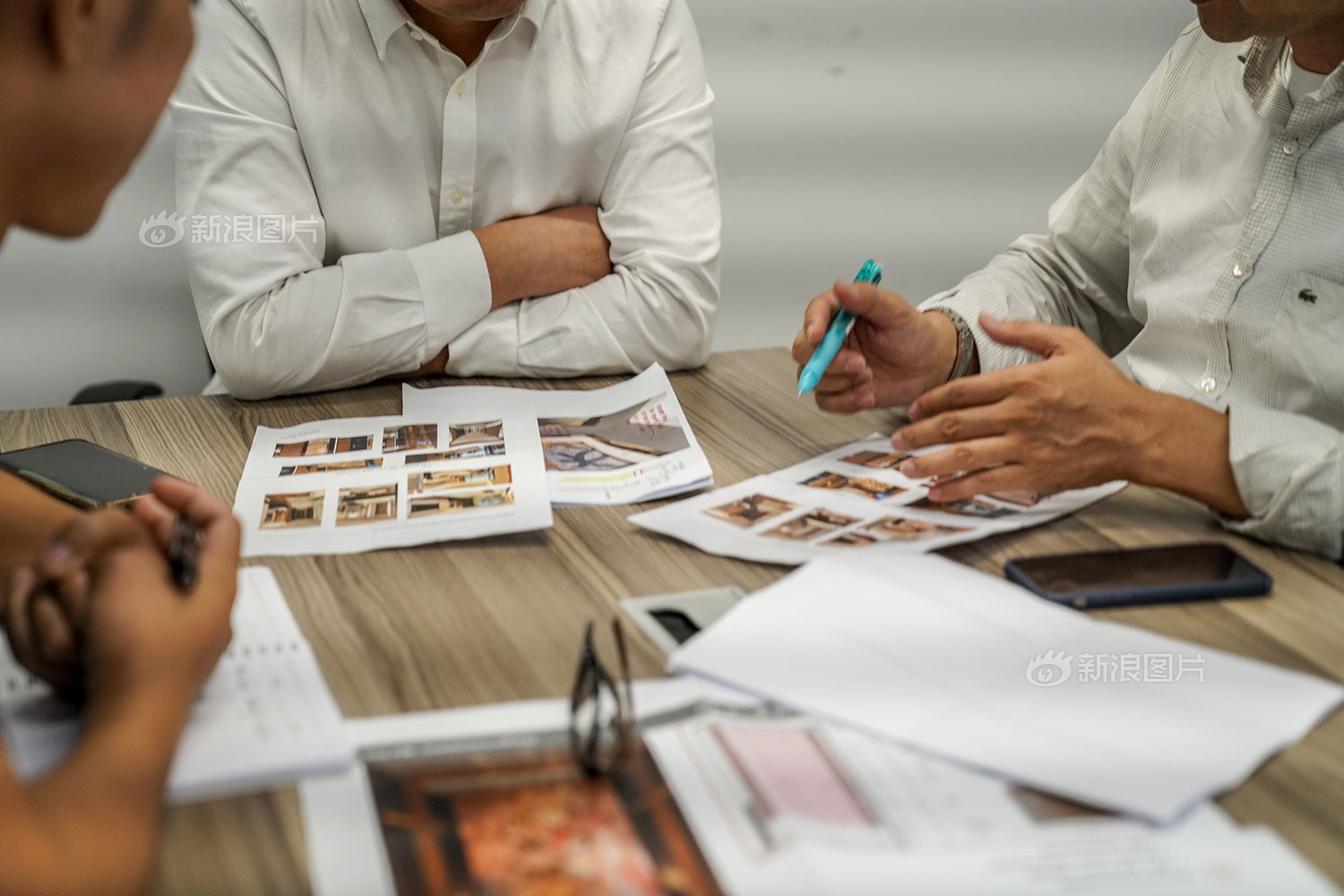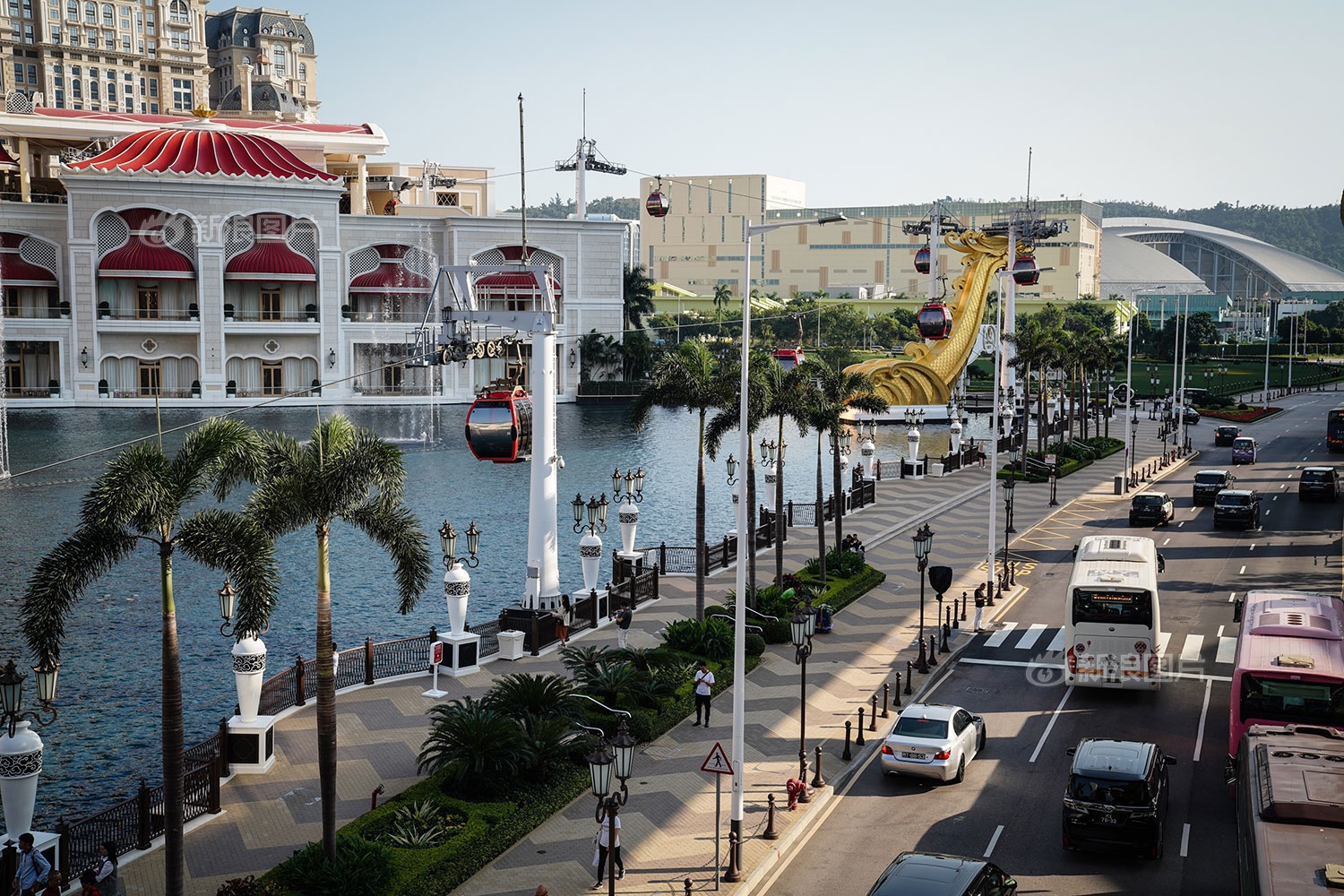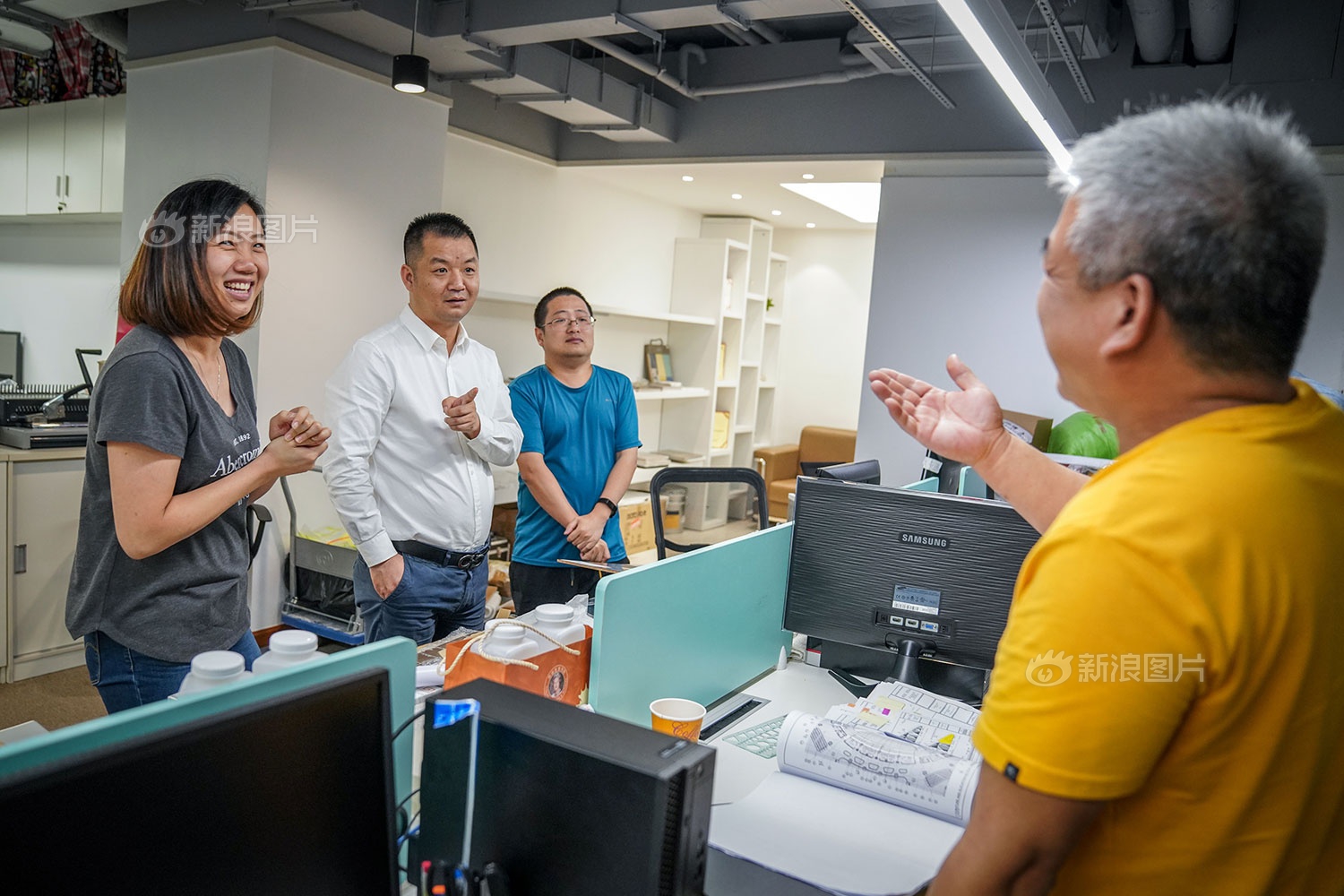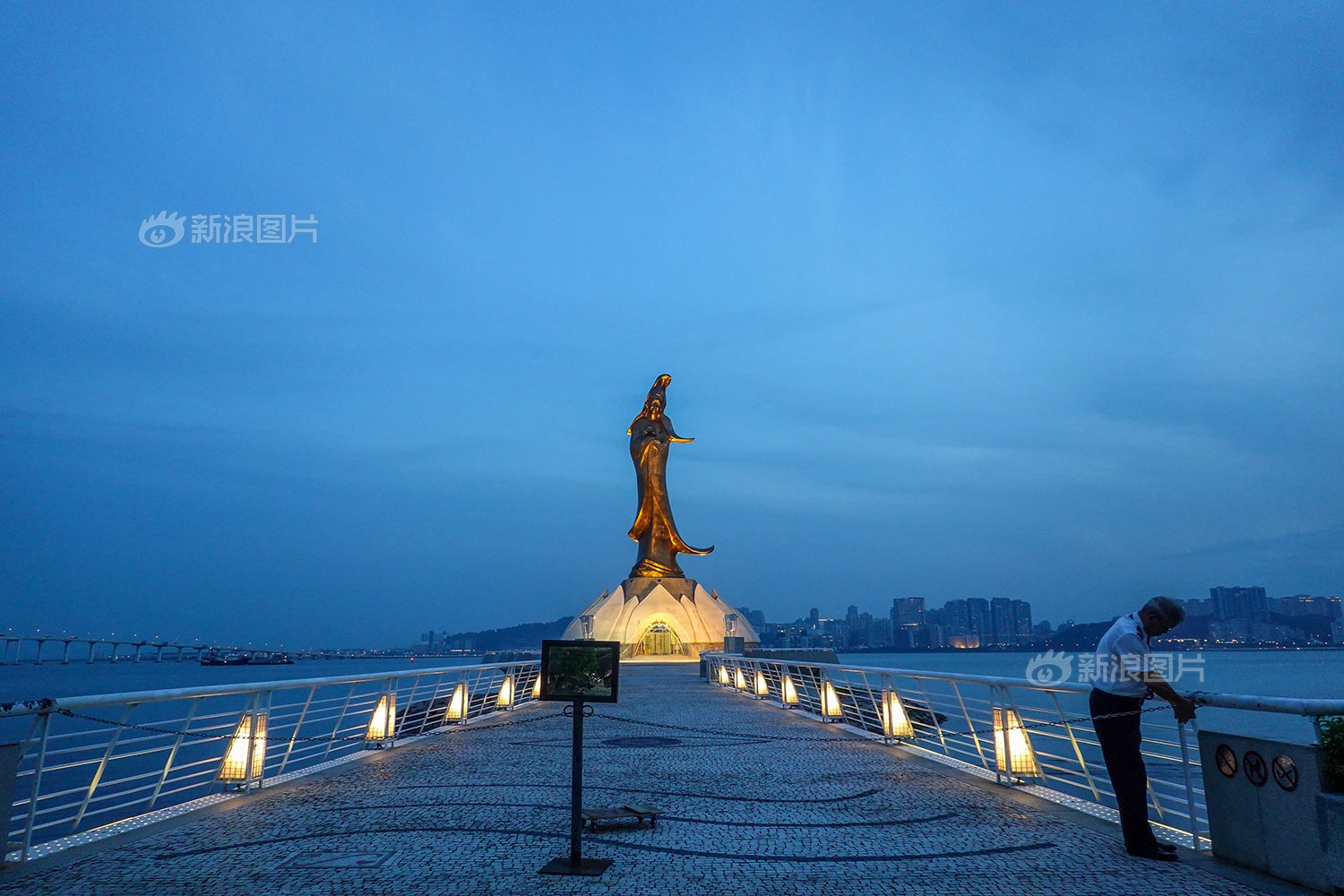Figure | Wen Xie Kuang Shi
Since the return of Macao 20 years ago, many mainlanders have stayed in Macao because of the relationship between work and family. They are active in aviation, construction, retail, culture and education and other fields. Some have become industry leaders, some are becoming mainstays, and some have just taken up their posts. They have made their own efforts to obtain Macao identity and contribute to the development of Macao.
Before 1995, there was no airport in Macao. To prepare for the establishment of the airport, in 1995, Macao recruited the first batch of 13 aviation professionals from the mainland, including Hu Gaohong. From a grass-roots air traffic controller to a senior air traffic service manager of the Operation Department, Hu Gaohong has witnessed the whole process of Macao Airport from scratch for 24 years. In April 2000, Hu Gaohong obtained his Macao ID card through skilled migration. In 2007, he obtained his Macao permanent residence permit and became a mainland Chinese rooted in Macao.
When he thought of going to Macao, Hu Gaohong came up with such keywords: capitalism, Portuguese colonies, and the platform for cultural exchange between China and the West. On August 21, 1995, Hu Gaohong set foot on the land of Macao for the first time. He found that a district of Guangzhou is much larger than Macao; People here also speak Cantonese. Two months after arriving in Macao, Hu Gaohong was still unfamiliar with the roads. Once, when I went to the Friendship Bridge to close the gate, I wanted to hitch a ride on the roadside, and soon some citizens stopped to pick him up. After getting on the bus, he kept saying "thank you", and the other side replied that everyone was Chinese, which made him feel the kindness and warmth of Macao.
At the end of the three-year contract, the remaining 12 people returned to the mainland due to family or personal reasons, and only Hu Gaohong stayed. Because he talked about his local girlfriend in Macao and fell in love with the working environment of Macao Airport, where the work process is clearly planned and responsibilities are clearly defined. In 1995, Hu Gaohong's monthly salary was 1500 yuan in Guangzhou and 15000 yuan a month in Macao. In addition, he also wants to make some contributions to the establishment of Macao's air traffic control system, but this means that he will give up his career in the mainland. Before coming to Macao, he had worked in Guangzhou Civil Aviation Administration for 10 years.
On December 20, 1999, when Macao returned to China, Hu Gaohong was already the duty director of the airport tower. What impressed him most was that on the day before the return, two special planes flew from Beijing, one carrying the then President Jiang Zemin and the other the then Premier Zhu Rongji. After landing, the two planes were placed in a V shape on the apron, which was very spectacular. "At that time, I was in the tower commanding the landing of the plane. I was really proud to witness such an important historical event," Hu Gaohong recalled.
"In November 1995, the first plane took off; in 2018, the passenger throughput reached 8.26 million people. Before the mainland and Taiwan realized direct flights across the Taiwan Strait in 2008, Macao Airport has always been an important transit hub for flights from the mainland to Taiwan..." Hu Gaohong has fresh memories of every step of the development of Macao Airport. In his office, this photo has always been hung: the original site of Macao Airport before construction. Pointing to the photo, he said that the airport was "only the size of a stone" at that time, and the rest of the airport was built by reclamation later. The current Macao International Airport, covering an area of 59000 square meters, is the second airport in the world and the first airport in China built entirely from land reclamation.
At first, the leadership of Macao Airport was basically Portuguese, and most of the mainland employees held technical posts. Now, its personnel composition has gradually shifted to Macao local people plus talents introduced from the mainland, and the proportion of foreigners is gradually decreasing. Now, Hu Gaohong, 55 years old, is leading two managers and 52 employees to ensure flight safety and improve flight efficiency. He is mainly responsible for air transport planning, management and safety management. Every day, he should check the air traffic control operation status in the airport and guide the work of the department.
The working language of Macao Airport is English, which is not the threshold for Hu Gaohong who has good English. After he married a Macao wife, he soon learned Cantonese, which enabled him to have a deeper understanding of the city. Hu Gaohong often gets together with his friends to play mahjong and taste delicious food. As a city of food, Macao has gathered Chinese and Western food. Egg tarts and Portuguese dishes are very famous. In the words of this "new Macao", Macao is small, but it is worth savoring.
The fastest way to integrate into Macao is to join associations. Macao is a society of associations. There are thousands of associations in the whole city. In his spare time, Hu Gaohong has participated in many associations such as Macao Aviation Cultural Exchange Association, Macao Air Traffic Controllers Association, Macao Family and Country History Association, Macao Hunan Association, Macao Shaoyang Chamber of Commerce, etc. On weekends, he also likes to play football with his friends (in the middle of the front row). "Living in Macao, identity is not important. Whether you are from Hunan, Fujian or Macao, you are all Chinese in the final analysis." When it comes to the future of Macao, Hu Gaohong thinks it will get better and better. If there is a sense of crisis, it is that the economy is too dependent on casino tax.
He Jin, 44, is a system engineer of Macau Airlines. He was born in a flying family, and his father was a pilot. When filling in the application form, He Jin followed in his father's footsteps and applied for the aero-engine major at the University of Civil Aviation Engineering of China. In 1997, He Jin graduated from the university, just in time to meet the Macao airport to recruit the second batch of flight professionals from the mainland. He Jin applied for the job with the mentality of going out for a look, and was selected successfully. There are five mainland graduates with him.
When he first arrived in Macao, he thought he was a fresh graduate, and it was hard to get a chance. Surprisingly, the leaders here paid attention to training young people at the beginning. They will give new people more opportunities to practice, but the teacher Fu is very strict with the reinspection, so that new people will not make mistakes. At that time, He Jin was an aviation maintenance engineer, mainly engaged in route maintenance, inspection and troubleshooting. He remembered that his first job was night shift, and he needed to enter the apron to change the hydraulic pump of the engine. In 1998, He Jin (the first from the right in the back row) and his classmates who graduated from the mainland in the same year received the teacher training of Airbus France. They took pictures in the simulator cabin and left this picture.
The night shift of the aviation maintenance technician should be from the evening to 4:00 a.m., when the work is finished, you can directly watch the sunrise. Over the past 20 years, He Jin (right) has been working in Macao Airlines, and his position has also been upgraded from aviation maintenance engineer to system engineer. Now, his work is mainly responsible for the formulation of maintenance plans, reliability plans, and daily flight safety control of aircraft. In 2006, He Jin obtained a permanent residence permit in Macao through skilled migration, and gained love and family here.
Before the age of 40, Fan Ping developed in the mainland. After the age of 40, he stayed in Macao. Now, at the age of 58, he runs a supermarket and a food store in Macao. Fan Ping is from Hunan and his wife is from Beijing. When he first arrived in Macao, he especially liked the quietness and comfort here. But my wife felt that Macao was too small and she was not used to it. She thought Beijing was better. Now, Fan Ping feels that Macao is too busy and likes the breadth and heaviness of the mainland. On the contrary, his wife has completely fallen in love with life here.
Fan Ping, a college student of international trade, worked in a foreign trade company under the Hunan Provincial Foreign Trade Economic Commission for seven years after graduation in 1985. In 1992, when he was young, he and his friends went to Shenzhen to open a foreign trade company. In 1994, China's foreign trade industry flourished. Fan Ping earned money and bought a big cell phone. Since then, the state has strengthened its control over foreign exchange, devalued the RMB and reduced the efficiency of foreign trade companies, so he retired. In 1996, he went to Tibet to do bank commemorative coin business. In 2000, he returned to Shenzhen again and went to the Shenzhen branch of a large chain supermarket in Beijing because of his high anti reaction and discomfort. The company decided to open the supermarket to Macao in 2001 and seconded Fan Ping to Macao to manage new business.
At the end of 2000, Fan Ping came to Macao for the first time. The first impression of Macao was that he was intoxicated with money, full of Russian beauties, and luxurious 24-hour city. At first, he was too excited to sleep because he could not see these things in the mainland. But when he went to the casino, he felt foul. After all, he was not interested in gambling since he was young. At the beginning, Fan Ping also touched many walls. For example, if you speak Mandarin on the phone, the other person will ask, "Do you know Cantonese?" If you continue to speak Mandarin, the other person will hang up the phone directly. Fan Ping said that it was not that the Macao people were unfriendly, but that they could not speak Mandarin. Later, he followed a local friend to concentrate on learning Cantonese for half a year. After overcoming the language barrier, he was able to do business more smoothly.
Fan Ping said frankly that his arrival in Macao was passive, and he hesitated at the beginning. However, considering that the company is developing new business here and reusing itself, it stayed. In this position, Fan Ping has established contact with more than 100 local traditional shops in Macao, and is basically familiar with the retail market in Macao. Fan Ping said that Macao is a city with very convenient living and consumption. Now supermarkets are saturated and the competition is fierce. Now, Fan Ping runs a small and medium-sized community supermarket and a food wholesale store. The supermarket covers an area of about 200 square meters and employs 9 employees. The monthly rent of the store is 80000 patacas (about 69600 yuan). After deducting staff salaries, utilities and other expenses, the monthly profit is quite limited. Fortunately, the business of food wholesale stores is better. He did not expect that snacks such as spicy noodles and chicken legs imported from the mainland would be very popular in Macao.
In 2005, Fan Ping obtained Macao identity by purchasing real estate and investing in immigration. After settling in Macao, his life entered a stable period and he developed the habit of drinking coffee and wine. Compared with his experiences in Macao and Shenzhen, Fan Ping found it more difficult to start in Shenzhen. In Macao, the management of the company and employees is very simple. Looking back at the changes in Macao over the years, Fan Ping said that the most obvious thing is that Mandarin is becoming more and more popular. In addition, the construction speed is very fast. The whole Taipa high-rise buildings are basically built in recent years, and many new communities have been built around his home. The view is not as good as before. Moreover, the population density is much higher, and the overall feeling of Macao has changed from quiet to lively.
Cai Junxiang is from Quanzhou, Fujian. His parents are doing business outside. He heard about Macao when he was very young. At that time, Macao was a big, high-end super city in his mind. When he was in junior high school, he followed his parents to Macao for the first time. When he arrived, he found that Macao was not as big as he thought, but quite prosperous. In 2005, his parents helped him buy a suite in Macao and handled investment immigration. In 2011, he was admitted to the Macao University of Science and Technology, and in 2012, he obtained a permanent residence permit in Macao. After graduating and working in the mainland for one year, he was admitted to the graduate student of the University of Macau. After graduation, he stayed in the Communication Center of the University of Macau to produce multimedia videos.
After graduation, Cai Junxiang worked as a photographer in an entertainment company in Macao for some time. However, he felt that Macao's film and television industry was underdeveloped and could not learn anything. In order to continue his professional studies, Cai Junxiang went to a film and television training class in Beijing for further study in 2017. At that time, he packed his luggage and moved to the mainland, ready to stay in the mainland. After studying in Beijing, he returned to Fujian and became an advertising photographer. He believes that in the film and television industry, the mainland market is much larger than Macao, and there are many employment opportunities.
In the summer of 2017, he did not expect that the graduate student of the University of Macau who applied for the examination at random was admitted. After hesitating for a while, Cai Junxiang returned to Macao to continue his studies and chose sociology as his major. During his postgraduate study, he took part time jobs and participated in school club activities. After graduation, he applied for a post in the school publicity system. Cai Junxiang introduced that many Macao students would work in casinos because of their high salaries, but sometimes they had to work all night. His family warned him not to touch the casino, and he was not interested in it. "Fujian people in Macao will tell their children not to go to the casino," Cai Junxiang said.
Cai Junxiang sighed that the most obvious change in Macao over the years was the soaring house prices. In 2005, when his family bought a house, it was only more than 3000 square meters. Now, it is almost 10 million yuan. In addition, tourists become more and prices become more expensive. Third, influenced by the mainland, urban smart payment systems have become more developed. As for his identity, he felt that he was half mainland Chinese and half Macao people. The mainlanders will regard him as a Macanese, and the Macanese think he is a new immigrant. However, none of these matters. He hoped that Macao would be diversified and its current economy and life would be too single. Even if he stayed in Macao, he would not limit himself here. He was willing to try the opportunities in the whole Greater Bay Area.
In 2010, Lv Xiang's architectural decoration company wanted to expand the Macao market. She was transferred from Shenzhen to Macao to continue her design work. Lv Xiang said that many colleagues were transferred together at that time, but they thought life in Macao was boring, so they went back. She stayed, from 24 to 33 years old, and has stayed in Macao for nearly 10 years. Although his focus is on work, Lu Xiang feels that there are still many places in Macao where he can clock in if he wants to play.
In Macao, Lu Xiang lives in the company dormitory. There is a canteen for dinner, and all the food is Hunan food. Many times, their sense of belonging to Macao comes from the collective life of the company. In the construction and decoration industry, it is common to work six days a week. On Saturday afternoon, after finishing work, Lv Xiang packed his things from the company dormitory and went out. She plans to go shopping first, buy some things, and then return home to Zhuhai.
Most of Macao's consumption is higher than that of the mainland, except cosmetics. Lv Xiang said that her daily necessities and clothes were all bought on Taobao, and only cosmetics, perfume and other things would be bought in Macao. Because there are many kinds of products here and they are tax-free, the price is much cheaper than that in the mainland.
As most of the projects undertaken by the company are the construction and decoration of casinos, over the years, Lv Xiang has witnessed the rise of new casinos in Macao. Taipa, Yongli Palace, MGM, Venetian and Galaxy, have all been built in recent years. Among them, the restaurant of Yongli Palace, the guest rooms of MGM, and the lobby dome of Galaxy have all participated in the design. Walking through these casinos, Lv Xiang would be proud to see the decoration designs made by his company. But these places are too high-end and expensive for an ordinary wage earner, and she doesn't think they have anything to do with herself. She has no interest in gambling. When she first came here, her husband lost some money in the casino, so she wouldn't let him enter the casino again.
Like her colleagues, Lv Xiang never expected to work in Macao for so many years. But slowly, everyone got used to the pace of work in Macao. She thinks that the air here is good, the environment is good, and the interpersonal relationship is simple.
In 2005, Deng Zhongyuan was developing in Shenzhen when the Macao government liberalized the gambling policy. The company saw the development prospect of Macao's gambling industry and won a bid for a project of cooperation between central enterprises in Macao. Deng Zhongyuan undertook this project on behalf of the company in the form of establishing a project department and began to enter Macao for development. Now, Deng Zhongyuan, 43, has become the general manager of the Macao Building Decoration Company.
The opening of gambling has directly stimulated the rapid economic development of Macao, and has also driven the construction, decoration and other related industries. Deng Zhongyuan's company has never had more than 10 managers, and now has more than 50. Its office floors have grown from rented to self owned. From 2014 to 2019, Deng Zhongyuan led his team to undertake projects such as the VIP hall, banquet hall and business street of Galaxy Macau Phase II, the banquet hall, restaurant and presidential suite of Louis XIII, the theme park of the four aunts of SJM, the "upper Lisboa" gambling hall and business street of SJM, the Macao Islands Hospital, and the renovation project of large and small casinos, The contract cost is about 800 million yuan.



